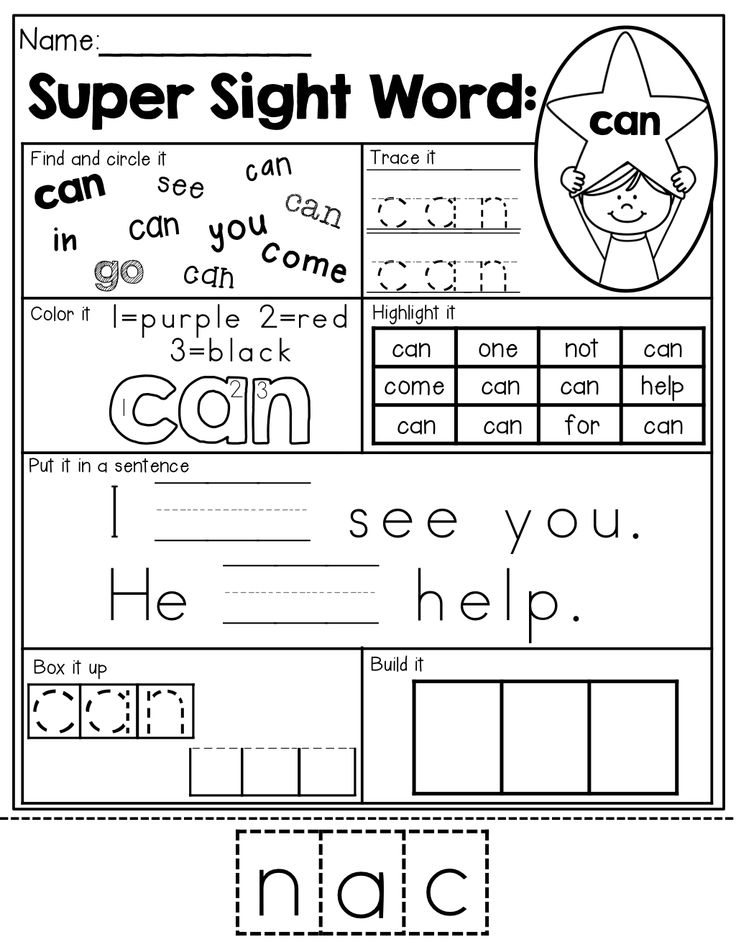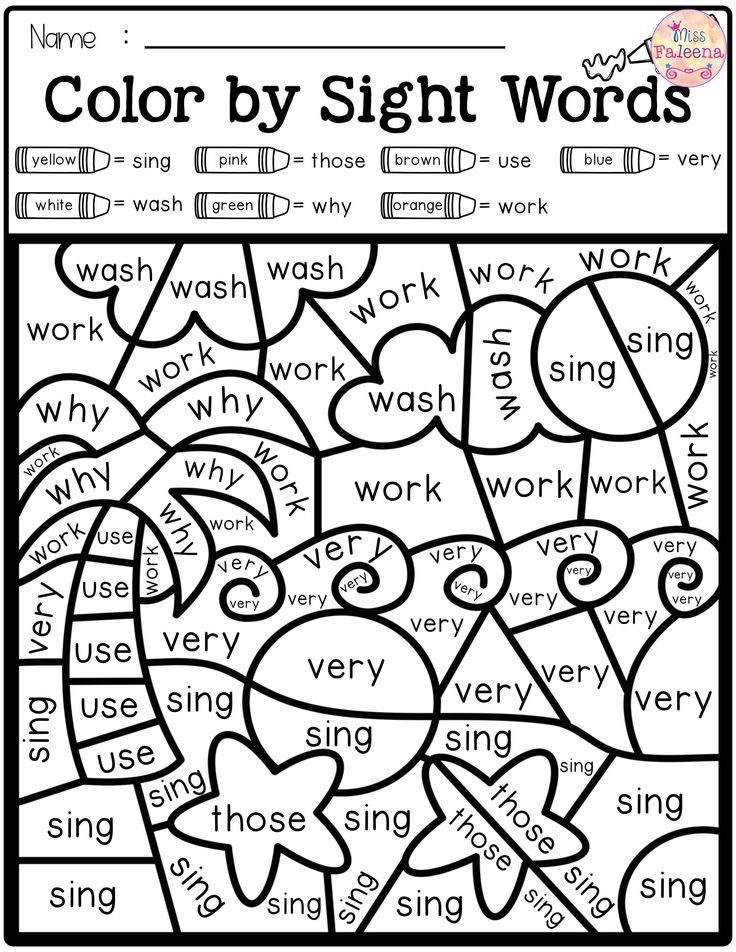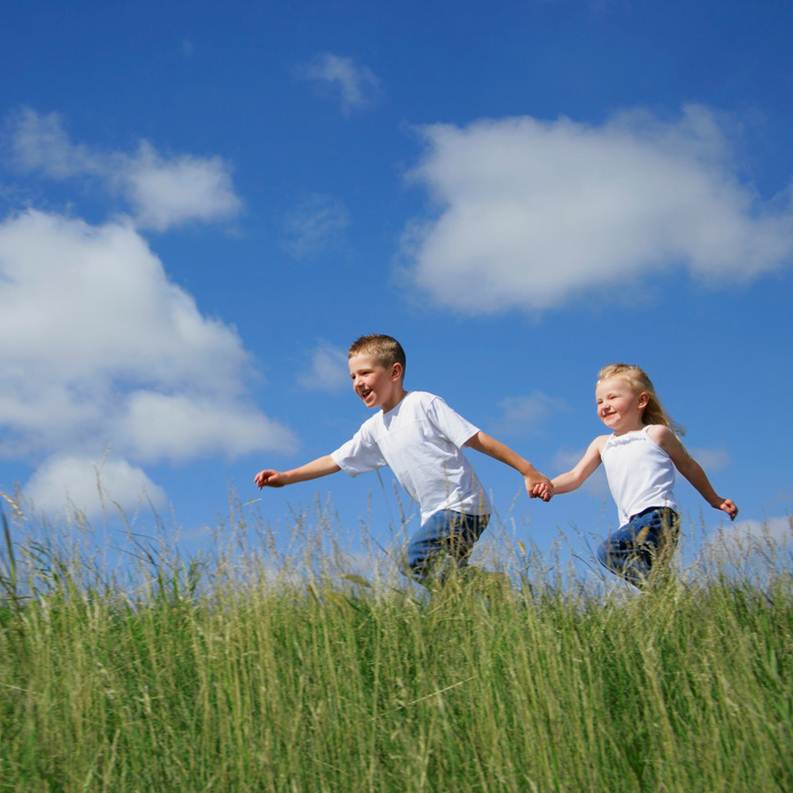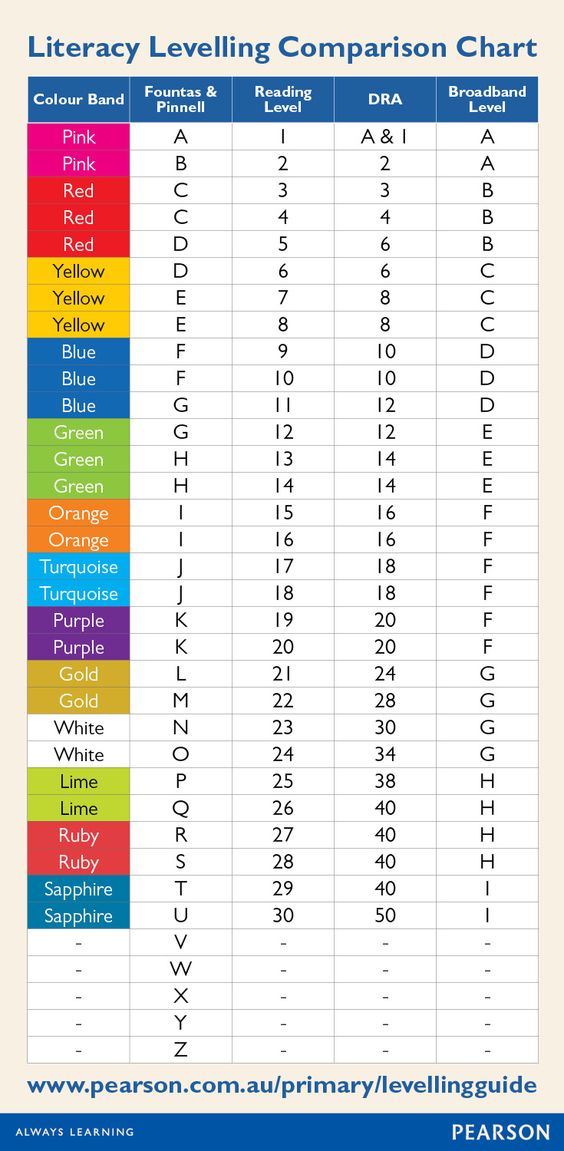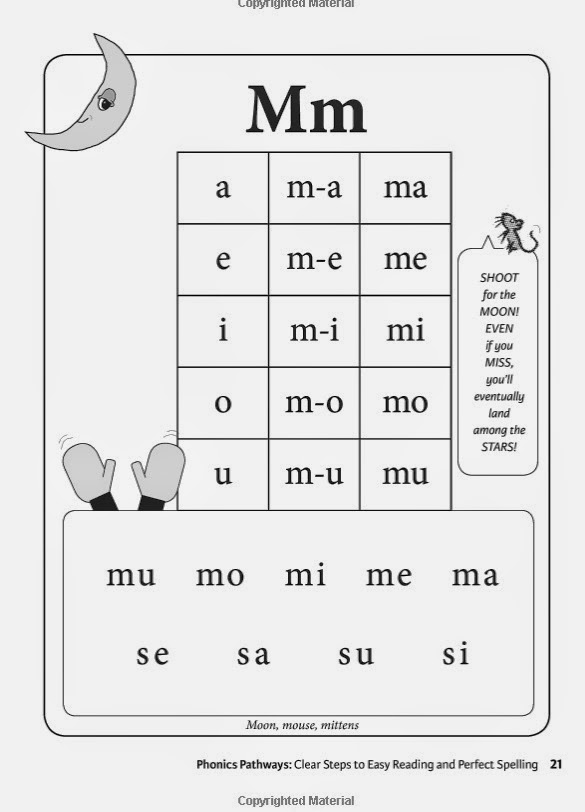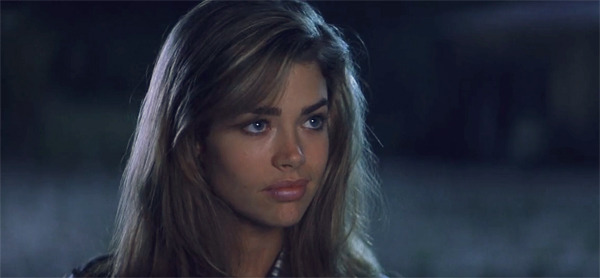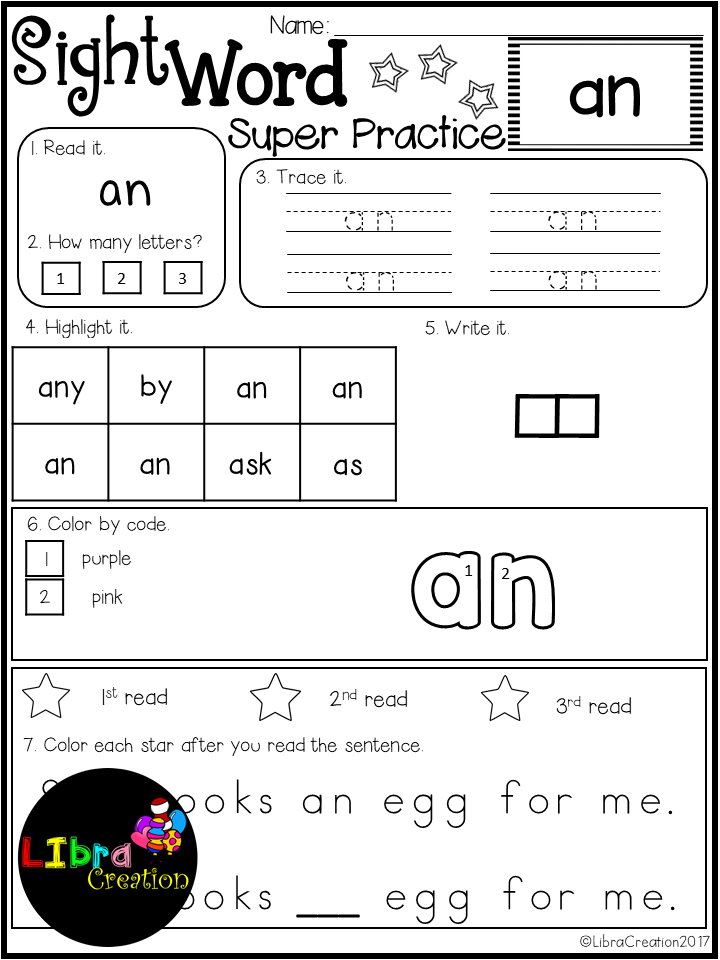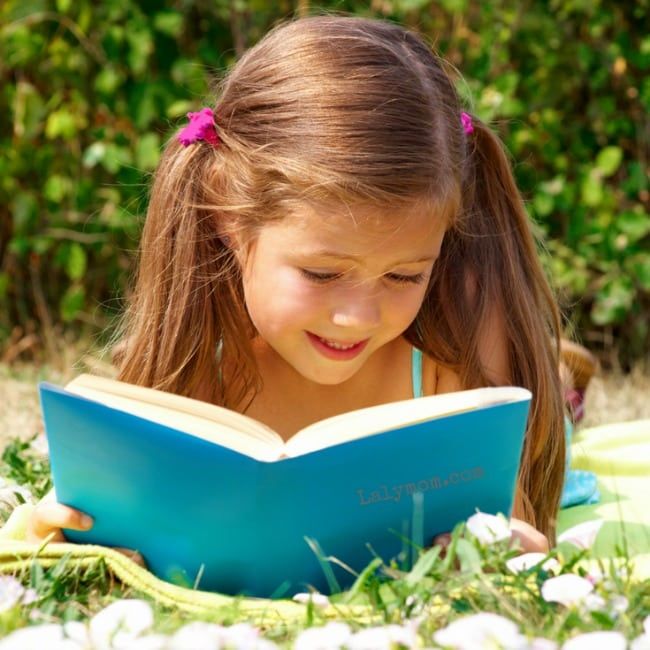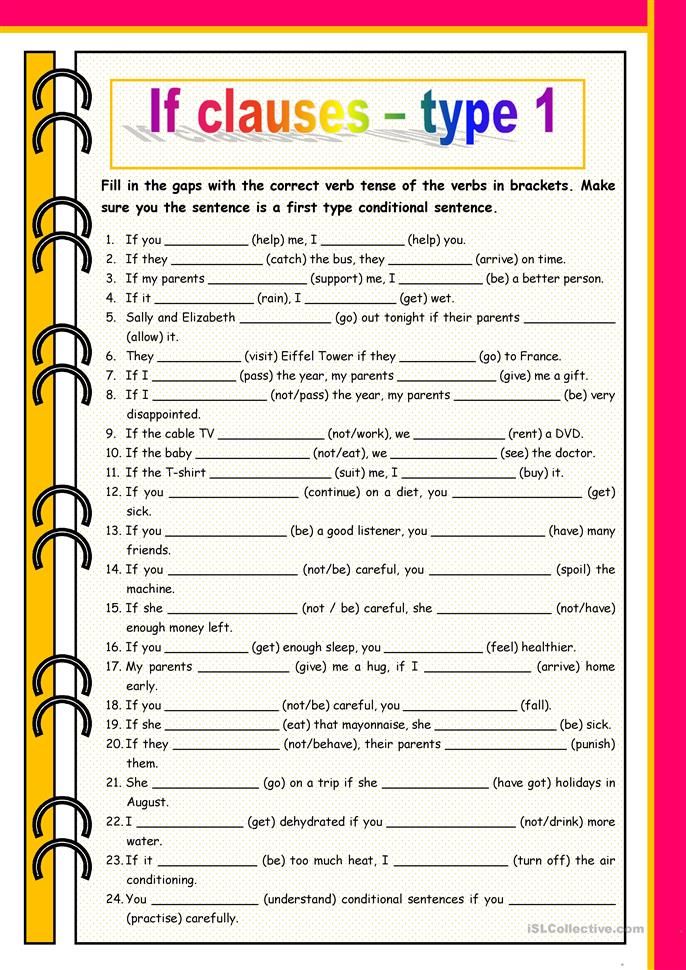Helping kindergarteners with sight words
The Best Tips to Teach Sight Words to Kindergarteners
34 shares
- Share
- Tweet
It’s important for beginning readers to develop a bank of sight words to support their early reading. If you’re wondering how to teach sight words to kindergarteners and preschoolers, it’s a task that can be done, but it will definitely take time. Read on for some great tips to get them started early.
What are Sight Words?Sight words are also referred to as “high frequency words” because they are words that appear most frequently in texts.
Some examples of early sight words are “the,” “I,” “a,” and “am.” As children progress with their reading, they can begin to work towards recognizing longer sight words, such as “they,” “said,” “where,” and “have.”
The goal is for children to recognize sight words instantly, without needing to devote much effort to sounding them out. This frees up their efforts for words that require more strategies to solve.
For example, a book written for a beginning reader may include the sentence starter, “I am” on each page, with endings such as “swimming” or “running” completing each sentence. Children with a well-developed bank of sight words can instantly and effortlessly recognize the words “I” and “am.”
This allows them to focus their word-solving strategies on the final word in the sentence. They may use strategies such as making the first sound and looking at the picture cue.
When to Teach Children Sight WordsNot every child is ready for sight words at the same time. Similar to talking and walking, learning sight words is a developmental stage that children begin at different ages. Usually, it should not be before about five years of age.
Before learning sight words, make sure the child developed pre-reading behavior. Once your child begins showing an interest in letters and words, it indicates that a child is growing closer to reading.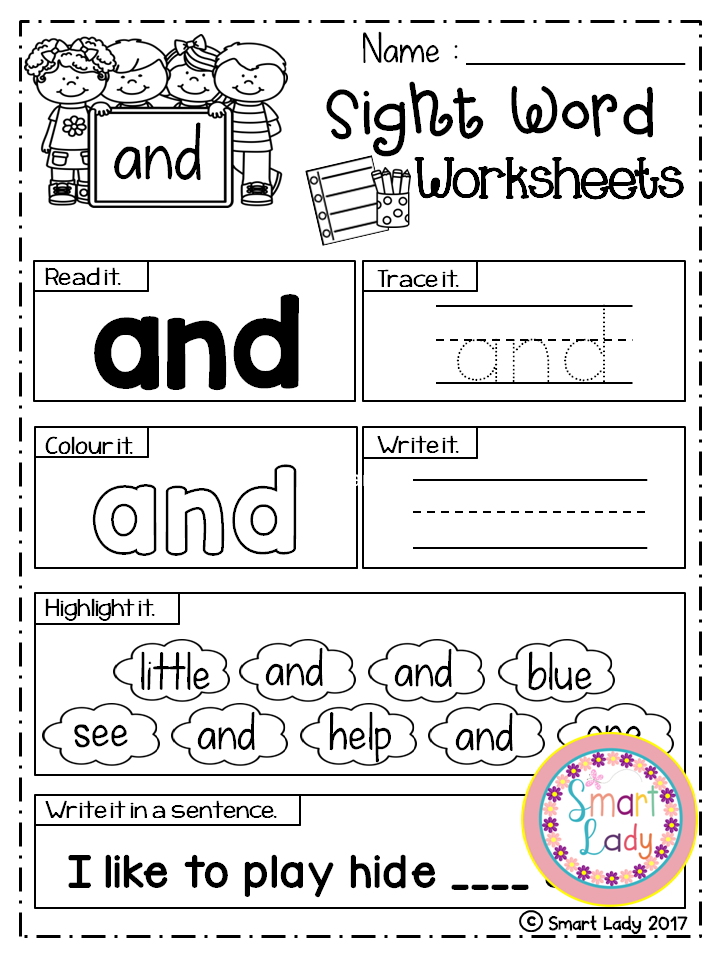
Children do not require to recognize every letter before they begin learning sight words. A few letters and their sounds will let them get started with pre-primer sight words.
How to Teach Sight WordsIt can take time for children to learn sight words depending on their age, motivation, and cognitive skills. However, teaching sight words with the right strategies can help any child to improve quickly.
If you’re looking for how to teach sight words to kindergarteners or preschoolers, here are some great tips and strategies to do so.
1. Start with a Small List of WordsIt is easy to find lists of sight words to begin introducing to young children. However, it is important that educators do not overwhelm beginning readers with long lists of words to learn.Start with one or two words that you would like to focus on. Give children many opportunities to practice these words and solidify their learning, before introducing more words.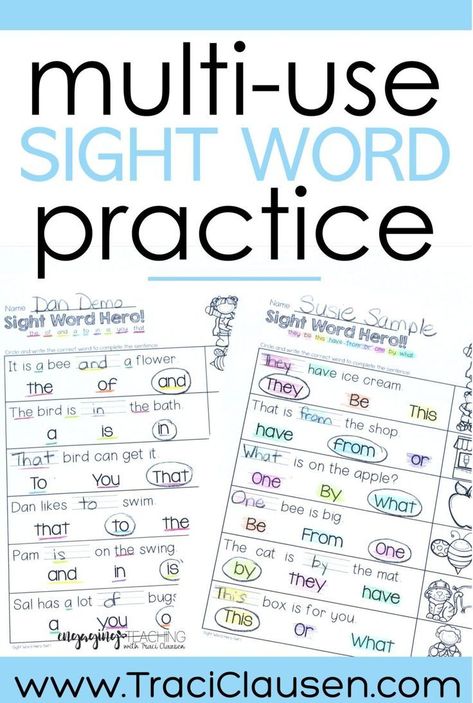
Children can be motivated to learn sight words that hold personal significance to them. For example, a child may enjoy learning how to read the word “mom” or “dad.”
Also, achieving quick success with sight words can motivate children to keep reading. Learning sight words like “I” and “a” may be easier than other words and give children an instant boost in their reading confidence.
3. Don’t Introduce Visually Similar Words TogetherKeep in mind that children who are learning to read may find visually similar words confusing. For example, it is not uncommon for beginning readers to mix up the words “the” and “here.”
To cut back on the confusion, do not introduce visually similar words at the same time. Also, make sure that children have a solid recall of the first word before introducing the second.
4. Practice Makes PerfectAs you introduce new sight words, it is very beneficial to continue revisiting previously learned words.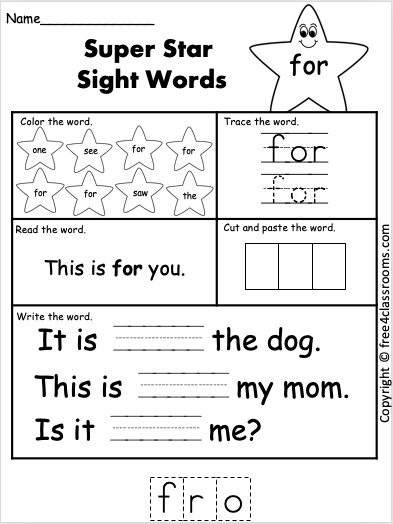 Even if they seem to have mastered a word, once you introduce new words, they may forget what was previously learned.
Even if they seem to have mastered a word, once you introduce new words, they may forget what was previously learned.
Continue to go back and reteach or quiz your children on previously learned words to make sure that they still remember them.
Worksheets can provide children with a variety of ways to review their growing bank of sight words. Coloring, matching, writing, and reading activities all help to solidify their sight word recognition.
5. Use Books for Carry OverA key component of learning sight words is to recognize them in context. Some children may be able to identify a sight word within a list of words or on flash cards, but when it comes up in a book, they have trouble.
Children should be exposed to a variety of books at their current reading level that include sight words you have been practicing. Choosing “just right” books is important.
Asking children to read books that are far too difficult can create frustration. To learn new words, practice word-solving strategies, and sight word recognition, children need experience reading books at their instructional level – not too hard, and not too easy.
To learn new words, practice word-solving strategies, and sight word recognition, children need experience reading books at their instructional level – not too hard, and not too easy.
As you introduce sight words, pair them with books that are filled with the words you’re focusing on. There are many texts written specifically for beginning readers that use patterns and repetition to teach sight words.
The goal is to provide children with lots of exposure to the new words and to do so in a context where they can achieve success.
Beginning readers should read the same book more than once, providing them with more opportunities for practice and to develop confidence in their reading.
6. Pair Reading and Writing with Sight WordsAnother great strategy for how to teach sight words is to take advantage of the relationship between reading and writing. When children learn how to write a word, they can typically read it as well.
As you’re teaching sight words and incorporating the use of levelled texts, consider ways to involve writing as well.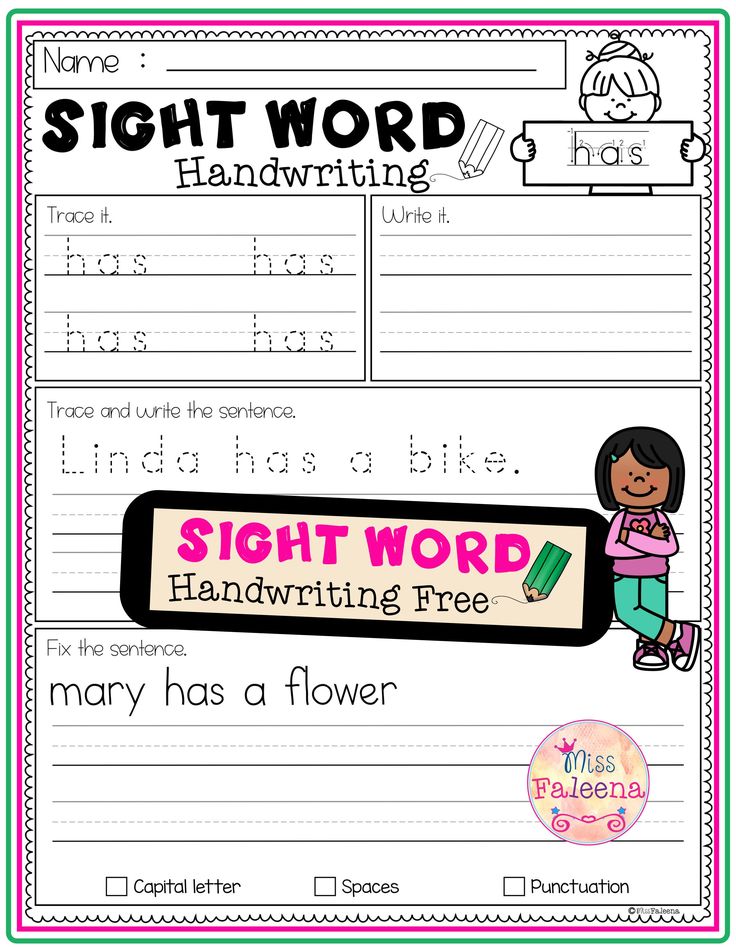 One way is to use a sentence stem from a book children have just read.
One way is to use a sentence stem from a book children have just read.
Using the earlier example of a patterned text that begins each page with “I am,” children could write their own “I am” sentence after reading the book. This provides them with practice writing two sight words.
Letting them choose their own ending for the sentence allows them to personalize their writing. Some children may wish to go a step further than writing one sentence and can create their own “I am” book.
7.
Use Sensory Items For Writing Sight WordsPreschoolers and kindergarteners may enjoy exploring different modalities to write words. Have them experiment with chalk, whiteboard markers, or pastels.
They can also practice writing their words in salt trays, shaving cream, or sand. In addition to writing sight words, children can build the words using materials like magnetic letters, letter tiles, or stamps.
8.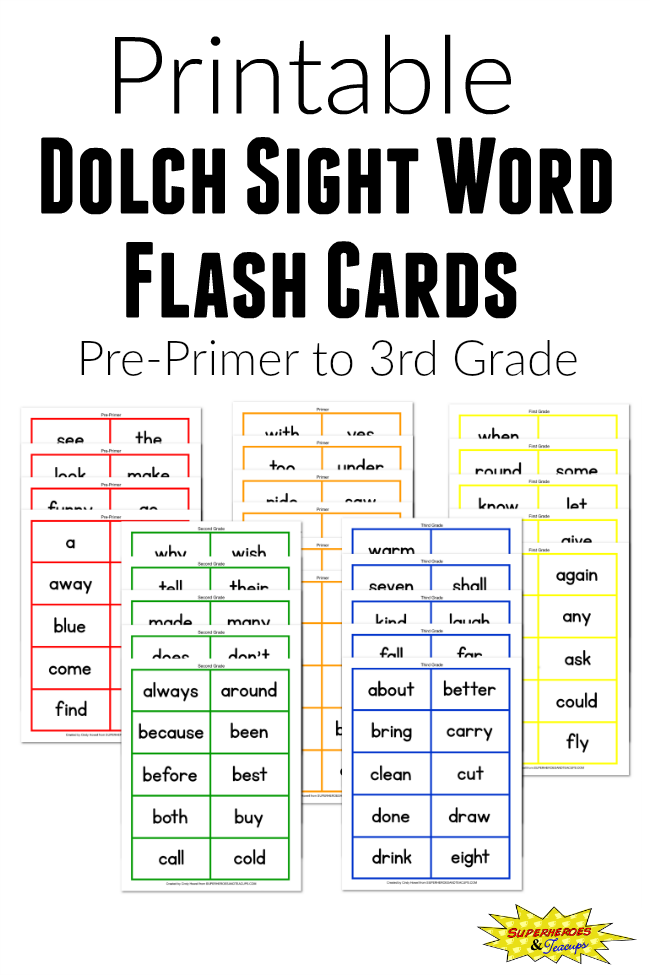 Use Visual Cues (Word Wall)
Use Visual Cues (Word Wall)A great tool to help children remember how to write sight words is a word wall. This is a visual display of words they have been introduced to.
Word walls can be put up on a wall or bulletin board or can be a small, personal chart kept at a child’s table or desk. It’s important to make sure that words are displayed clearly, with the letters formed correctly. Beginning readers and writers can find fancy print confusing.
Word walls are also a great way to keep track of which sight words you have introduced. They also provide another way for children to review their words.
9. Sight Word GamesAfter introducing a new word, we don’t want to abandon it before a child has had adequate opportunities to solidify its recall. Sight word games are a great way to teach sight words by reviewing and adding new words.
One example of a sight word game is Memory. Each word needs to be written on two flashcards. All the flashcards are turned over, face down.
All the flashcards are turned over, face down.
Each player takes turns choosing two cards. If they match, the player keeps the cards and gets another turn. If they don’t match, the player flips the cards back over and the next player has a turn.
The game ends once all the cards have been matched. The winner is the player with the most matches.
Another simple sight word game is Zoom. A sight word is written on each flash card. The same word can be written on a couple flashcards if you like.
The word “zoom” is printed on several flashcards. Players take turns choosing a card from the deck. If they choose a sight word, they read the word then place the card in their own pile.
If they choose a “zoom” card, they get to steal everyone’s cards. Once all the cards have been chosen, the player with the biggest pile wins.
Sight Word Bingo is another way for children to review their sight words. Bingo cards made for dry erase markers can be reused but paper and pencil also works.
Each player needs a bingo card that has a different sight word in each box. You also need a deck of flashcards with each word written on a card.
One person chooses a card and reads the sight word. The players look at their bingo card to see if they have the word, If so, they check it off.
Cards continue to be chosen until a player gets “bingo.” This may be one line of words, words that create an “X” on the card, words in the four corners of the card, or even every word on the card.
Introducing children to sight words is an essential part of teaching them to read. Watching their bank of known words develop is exciting to see! As they accumulate more words that they can instantly recognize, their confidence in both reading and writing will grow.
Now that you know how to teach sight words to kindergarteners and preschoolers, you can get your children and students learning and reading in no time! Be consistent with the above strategies and they’ll love learning to read and write.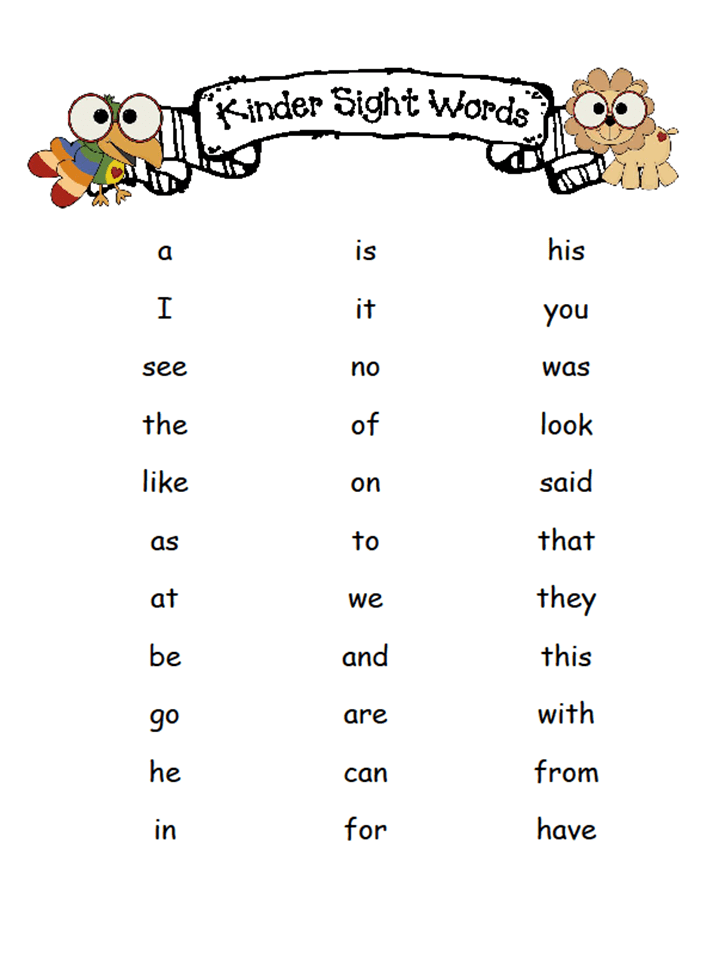
Author Bio
Alesia is a founder of PrimaryLearning.org, an educational website that helps elementary school teachers and homeschool parents with hands-on worksheets, activities and thoughtful articles.
Related posts:
How to Teach Sight Words: Tips For Kindergarten Teachers
Home » How to Teach Sight Words: Tips For Kindergarten Teachers
Are you wondering how to teach sight words? You know that just practicing and memorizing them isn’t that helpful. So, what can we do to liven things up? We’ve gathered together our best tips. Perfect for kindergarten and homeschoolers. Click through to get our ideas.
One of the hot topics in the Simply Kinder Facebook group is teaching sight words. And no wonder really. Love ‘em or hate ‘em, we all have to teach sight words.
This Resource Works Well With
Why Is It Important For Students To Learn Sight Words?Before we start, let us go over the basics. Why do we even bother teaching sight words? Phonic instruction is important for early readers, but so are sight words.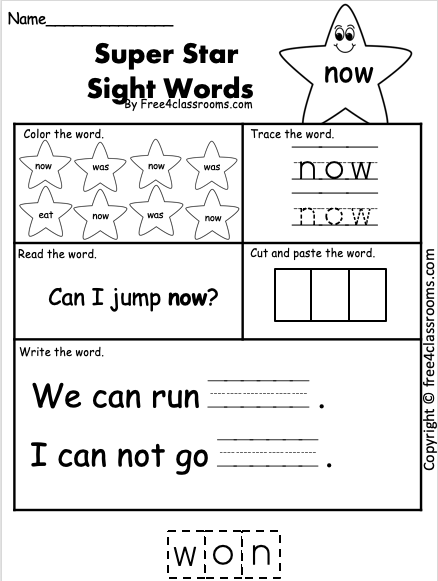 Sight words are high-frequency words. This means that they appear in the most text more often. Some of these words follow phonics patterns, and some of them don’t.
Sight words are high-frequency words. This means that they appear in the most text more often. Some of these words follow phonics patterns, and some of them don’t.
We want our students to get to the point where they recognize these words without having to sound them out. Teaching these words helps our students read more fluently. But more importantly, it helps them experience success in their reading. And they will be reading a lot in Kindergarten. Making that a positive experience is vital.
How to teach sight words to children?There is no one way that seems to work over all the others. Every child is different and will respond to different approaches. One strategy that works for readers is teaching them the phonics part of reading. There are so many common patterns in sight words like open and closed syllables that will help your students be successful.
The one thing that does make a huge difference is to practice, practice, practice. The more our Kinders see and use those words, the more fluent they will read them.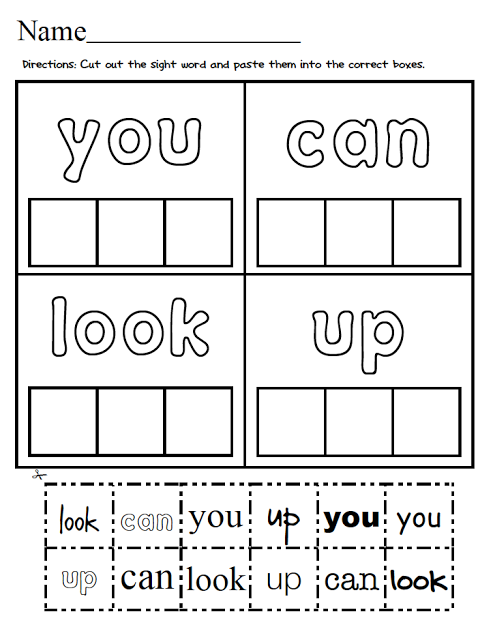
We’ve gone to the teachers in the Facebook group and scoured the Internet to find out the best tips for teaching sight words. Are you ready to begin?
Our Best Tips For Teaching Sight Words
1. Practice them every day with these three basic steps.
2. Use our simple Sight Word Books: Each book highlights one sight word and uses a predictable pattern. This makes it easy for students to read and experience success. The bundle also includes worksheets, so the children can practice using the words.
3. Reinforce with Games: It takes a lot of practice to learn a sight word. We have loads of sight word games to make it fun. Try
- Editable Fall and Winter Games
- Mining For Sight Words
- Sight Word Train Center
- Egg Basket Sight Word Game
More Games
4. Play Kaboom! (suggested by Grace Goodson Johnson): Here is a DIY game that is very easy to prepare.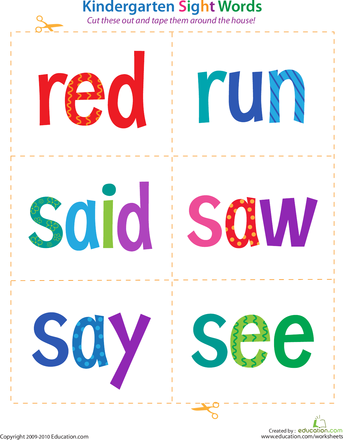 All you will need is some craft sticks and a permanent marker.
All you will need is some craft sticks and a permanent marker.
5. Roll a word: Another DIY game that kids love. Tape a square box closed and write one sight word on each side. Kinders roll the dice and read the word. That’s all there is to it! Sometimes the simplest things work the best.
6. Jenga sight words: You will need to find/buy a Jenga game. Write one sight word on each block (use a permanent marker). Play the game, but each time your Kinders pull out a block they have to read the word.
sight word path7. Make it Active: Kinders have a lot of energy to spare. Anything that pairs movement and learning is going to be a big hit.
- path of sight words
- sight word snowball fight
- Sight word high five
Writing and Manipulatives
8.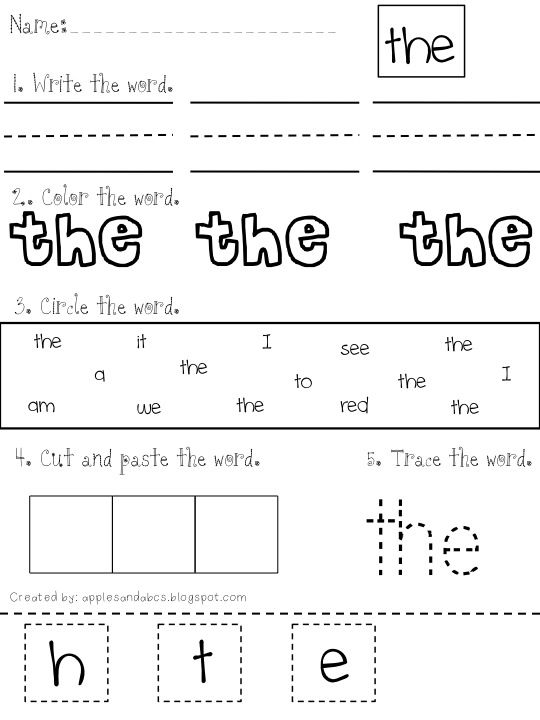 Use Sight Words In Writing: Your students will benefit from using the words they learn. The act of writing helps reinforce the phonemes and builds muscle memory.
Use Sight Words In Writing: Your students will benefit from using the words they learn. The act of writing helps reinforce the phonemes and builds muscle memory.
- Pattern writing on desks
- Sight Word Writing Activity and Game
- Writing in shaving cream (put on desk or on cookie sheets and students write words with fingers)
- Writing in sand
- Read it, write it, glue it worksheets
8. Teaching Sight Words With Manipulatives: Manipulatives are fun and can liven up learning.
- Sight Word builders and Rocks Game
- Sight Word Snap Block Center
- Build words with letter tiles or magnetic letters.
- Stamp them using alphabet stamps.
- A sight word activity using mini erasers
Practice Makes Perfect
10. Re-visit sight words constantly. As they say, practice makes perfect and repeated exposure will eventually make the word stick. Children need loads of practice reading and writing sight words before they finally learn them.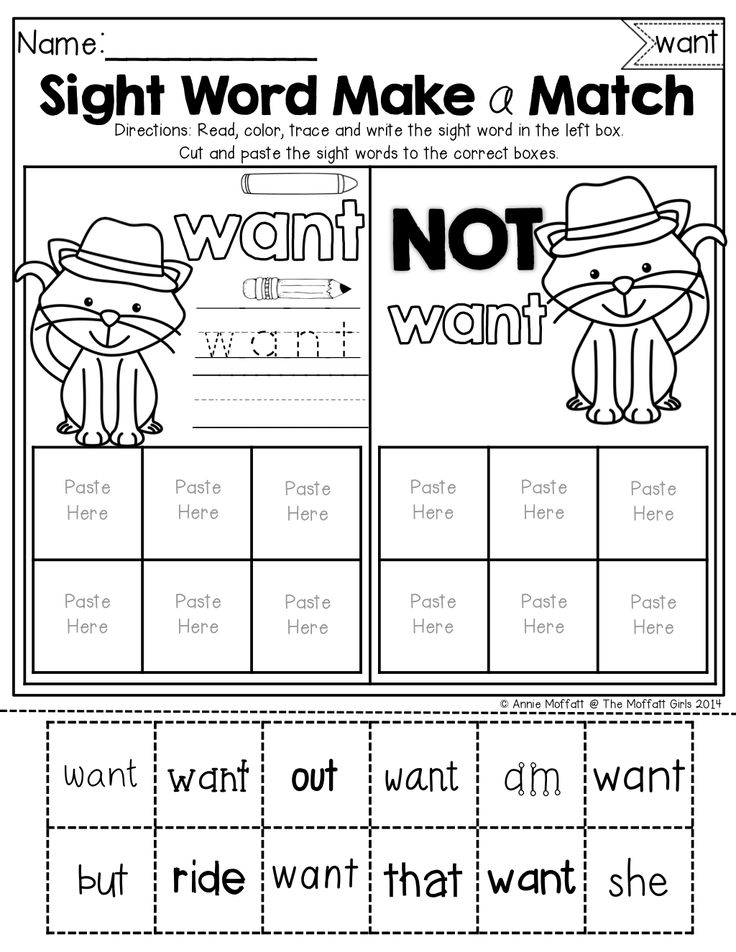 Do this by introducing sight words in many ways. Check out our ultimate list of sight word activities.
Do this by introducing sight words in many ways. Check out our ultimate list of sight word activities.
11. Try a sight word app: Have you discovered the Sight Word Ninja app yet? It is an inexpensive and great way for students to practice, particularly struggling readers!
Related: The Best Free Kindergarten Apps for reading
Songs and Videos
12. Sing them: A lot of teachers in the Simply Kinder group recommended Heidi’s Songs. It is quite an investment, but worth considering if you have a parent offering to buy something for your classroom.
13. Sight word of the day song: Here is a free alternative for those of us that can’t afford to buy the songs right now. This brilliant idea came from Stacey Elizabeth in the Simply Kinder Facebook group. We will use the sight word could, but feel free to substitute any word of your choice.
Sung to the tune of B-I-N-G-O
There was a sight word of the day and could was our sight word.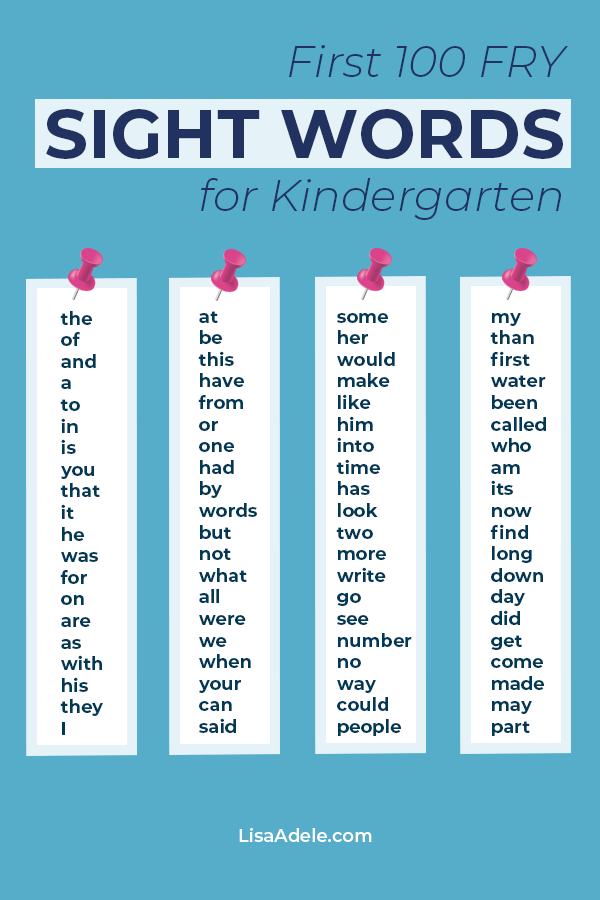
c-o-u-l-d, c-o-u-l-d, c-o-u-l-d,
And could was our sight word.
Write the song out on newsprint or whiteboard and leave gaps where the word should go. Print the words on paper, cut out and add them to the song each day.
This works brilliantly for 5 letter sight words, but you can use words with a fewer letters. Just adjust the timing of the song.
14. Use You Tube Videos: There are loads of free sight word videos on Youtube. Here’s two of our favorites
15. Use Pinterest: Pinterest is a goldmine of ideas. Check out my Sight Word Pinterest board
Sight Words
These are our best tips and we know that we will be adding to the list as we find more, so you may want to pin this post.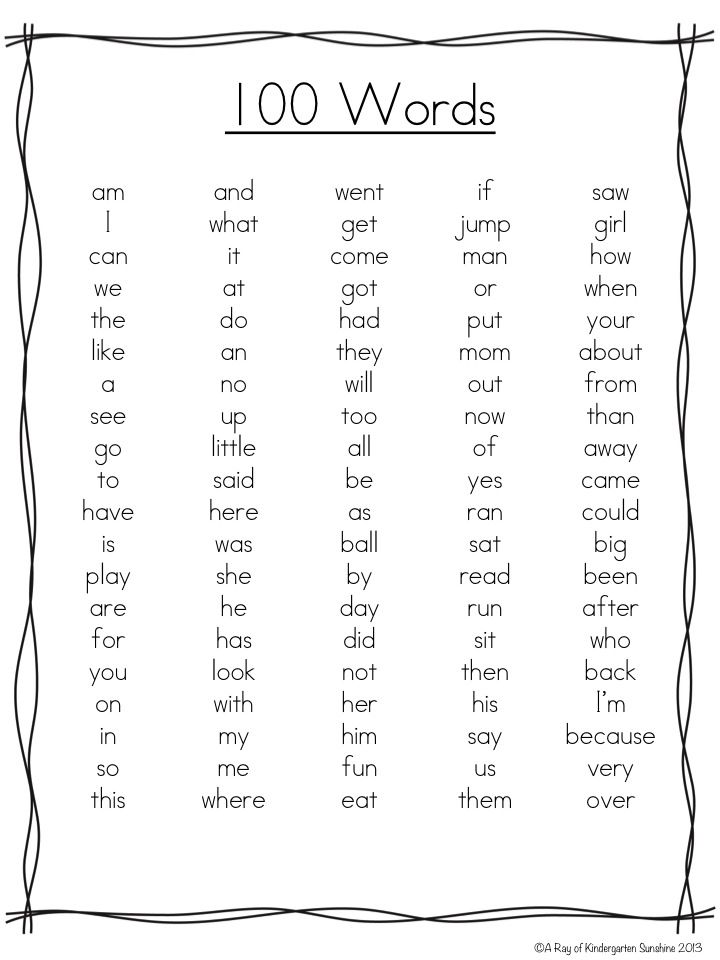
Your Turn
How do you teach sight words? Do you have a brilliant tip to share?
At Simply Kinder we work together to bring you ready-to-use resources to partner with great teaching for any curriculum, a Facebook community where teachers talk all things Kindergarten, and low-prep learning ideas that your students will love. Be sure to stay up to date with all things kindergarten on Instagram, Facebook, Pinterest, and through email. Simply Kinder: where teaching Kinder is definitely better together!
EVENT REPORTS
- FALL 2022 EVENTS
- SUMMER 2022 EVENTS
- SPRING 2022 EVENTS
- WINTER 2021-2022 EVENTS
- FALL 2021 EVENTS
- SUMMER 2021 EVENTS
- SPRING 2021 EVENTS
- WINTER 2020-2021 EVENTS
- FALL 2020 EVENTS
- SUMMER 2020 EVENTS
- SPRING 2020 EVENTS
- WINTER 2019-2020 EVENTS
- FALL 2019 EVENTS
- SUMMER 2019 EVENTS
- SPRING 2019 EVENTS
OLDER PERSON'S DAY
Congratulations to grandma,
Grandfather - congratulations,
It's a holiday today,
We know about it
They are not elderly,
Of course - young!
All children understand,
They are helped in this,
So that they have feelings -
Young in their hearts!
October 1 is a special holiday - the Day of Respect and Honoring the Elderly.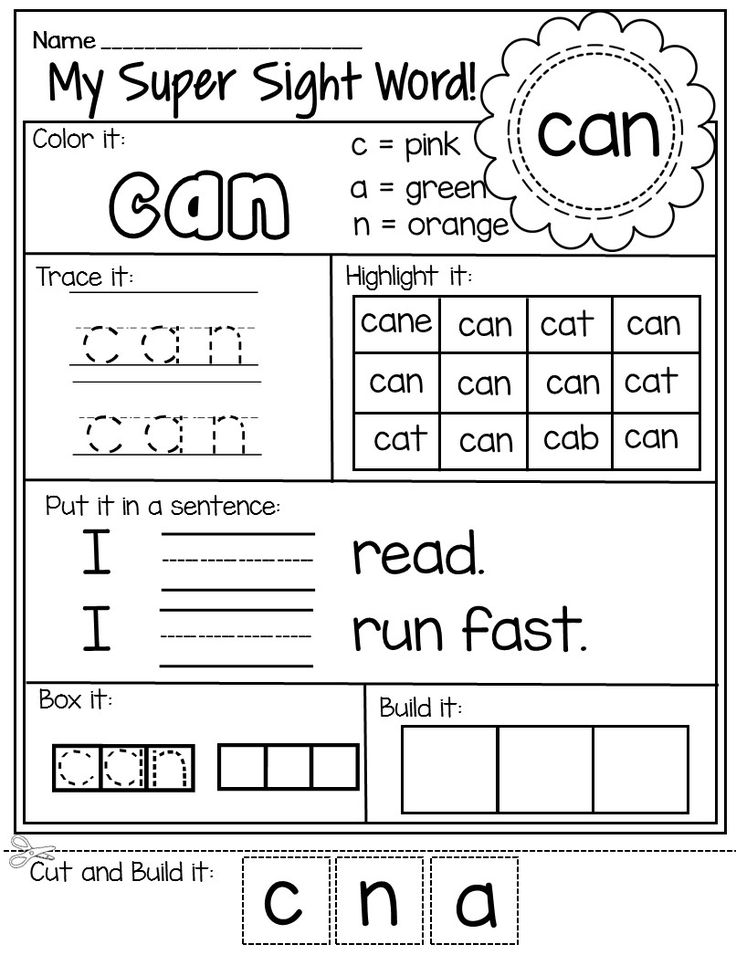
It has become a good tradition in our garden every year in the golden autumn to honor those whose noble gray hairs mean not only age, but also boundless wisdom, invaluable experience and great knowledge - our dear grandparents.
So this year, at the beginning of October, festive events were held in kindergarten groups. They were different, but all very kind and sincere.
Raduga and Romashka groups invited grandparents to a fun party: guests and grandchildren played, danced, competed together, and then drank tea with sweets and talked pleasantly.
In the "Bell" group, the guys and their teachers made a funny video greeting as a gift.
Parents, children and educators of the groups "Romashka", "Teremok" and "Rainbow" collected gifts for the elderly LOGAU "Vsevolozhsk KTSSON":
postcards, sweets, video concert. Grandparents received good wishes and a lot of attention on this day! There were many smiles and words of gratitude to the kindergarteners.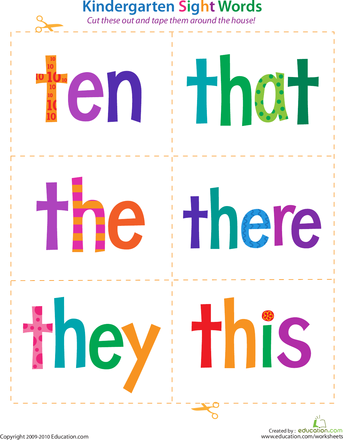 Residents of the Center have long been our good friends and are always waiting for a visit!
Residents of the Center have long been our good friends and are always waiting for a visit! The Yagodka, Romashka and Rucheyok groups took part in the campaign of the Joy of Old Age Charitable Foundation, St. Petersburg / Leningrad Region Volunteer movement #old-joyspb @svr_piter. Together with their parents, they collected sweet gifts, care products, prepared greeting cards, designed holiday newspapers to decorate the wards, so that life in nursing homes and hospitals would be at least a little happier.
This is the second time we have taken part in the fund's events and we are sure that this will become another of our traditions. After all, it is not for nothing that the Russian proverb says: “If you want children to honor you in old age, honor the old people yourself.”
SPORT SUMMER!
Summer is a great time to improve your health.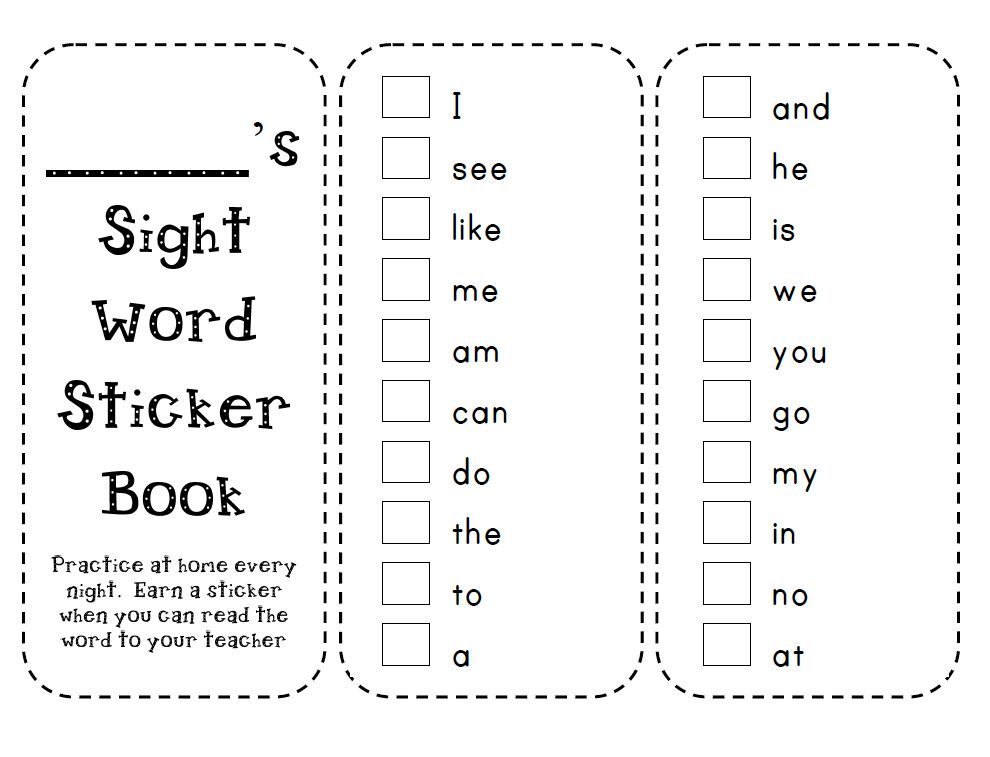 This is facilitated by all natural factors - the sun, air and water. The physical activity of each person increases.
This is facilitated by all natural factors - the sun, air and water. The physical activity of each person increases.
What is summer?
That's a lot of light.
This is a field, this is a forest,
It's a thousand wonders,
It's clouds in the sky,
It's a fast river,
These are bright flowers,
This is the blue of height!
And for a child, the best sports are games and competitions.
On June 16, a day of sports games was held in our kindergarten. Children are very fond of competitions, so seriousness, responsibility for their teams were accompanied by laughter, fervent exclamations and fun. All games were held in a warm, cheerful and friendly atmosphere. The participants had a lot of fun and a lot of impressions. The games helped children to raise their competitive spirit, learn how to work in a team, and overcome difficulties. And most importantly, get a huge charge of vivacity. So the guys got ready for the sports festival.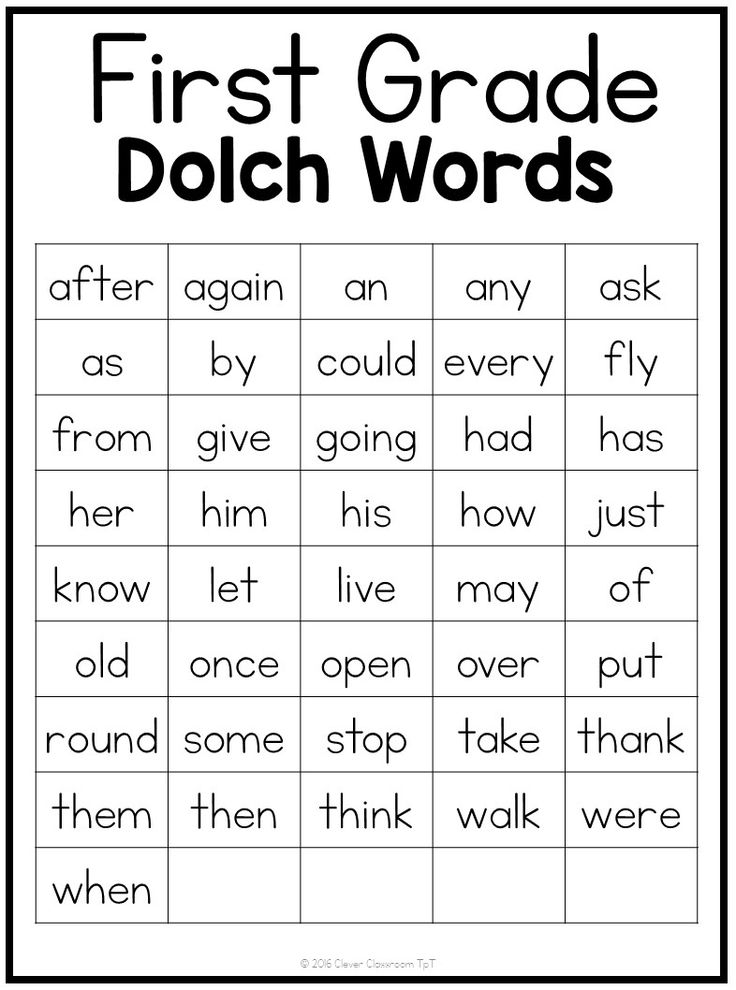
On June 23, the sports festival "Be Healthy" was held in the main department of the kindergarten. The weather was perfect and the celebration took place outdoors on the sports ground. Enthusiasm and good mood helped the children cope with all the tasks. In addition to traditional relay races, in which balls, hoops, clubs, etc. were used, there were also comic relay races with rubber bands and spoons. But despite the humorousness of some relay races, the guys took everything seriously, everyone had a great desire to beat their rivals. Emotions ran high.
Everything went cheerfully and provocatively, which added health and good mood to the participants and fans.
LOVE RUSSIA
The Day of Russia is a special holiday for the entire Russian people, a day of pride in our Motherland. In our turbulent times, it is very important to sow and nurture in the child's soul the seeds of love for the native nature, for the native home and family, for the history and culture of the country.
There are many wonderful countries on earth, people live everywhere, but Russia is the only, extraordinary country, because it is our Motherland!
On the eve of an important event, many interesting events dedicated to the national holiday took place in our kindergarten. Creative exhibitions were organized with children of senior preschool age, films about our country were shown, presentations were shown with the amazing beauties of the Russian land. The children were able to see how many images our vast Motherland has! And the teachers of the Yagodka group, together with their parents, took part in the Flashmob "I Love Russia!". They could be found on the streets of our village with painted posters.
The festive events ended with a solemn thematic lesson, in the official part of which the children solemnly brought the flag of the Russian Federation into the hall. Children read poems about Russia, sang the national anthem. In order to make such a serious event interesting for children, an educational quiz was held.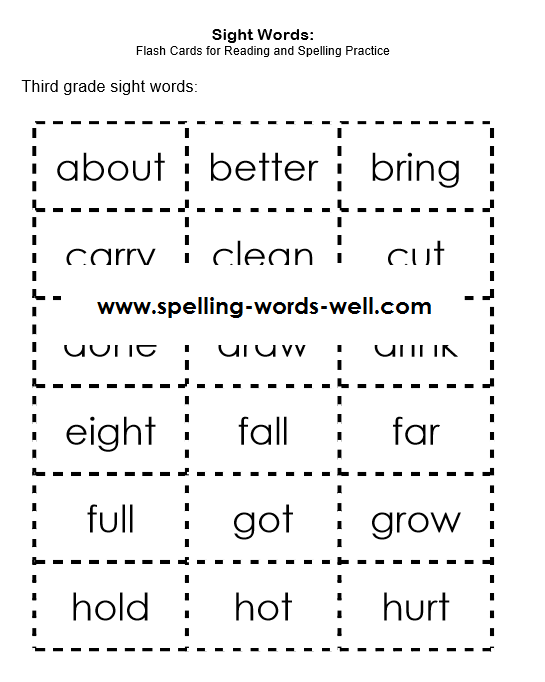
We believe that these events evoke in children a sense of pride and love for their great Motherland - Russia. We are sure that only love for loved ones, for kindergarten, for our hometown and great country will be able to lead our little patriots along the right path of life!
MEETING THE BEAUTIFUL
We promised you a lot of exciting things for our pupils? So, the past week has already given the children very interesting events!
On June 6, all of Russia celebrates the birthday of the Great Poet. So our guys on this day had to cope with a quiz based on the fairy tales of A.S. Pushkin. Senior and preparatory groups gathered in the hall, which was decorated with children's creative works. The children showed a high level of knowledge of Alexander Sergeevich's fairy tales, completing the tasks: "Remember fairy tales", "Tell me a word", "Find out who the telegram came from", "The best connoisseur of fairy tales", "Crossword".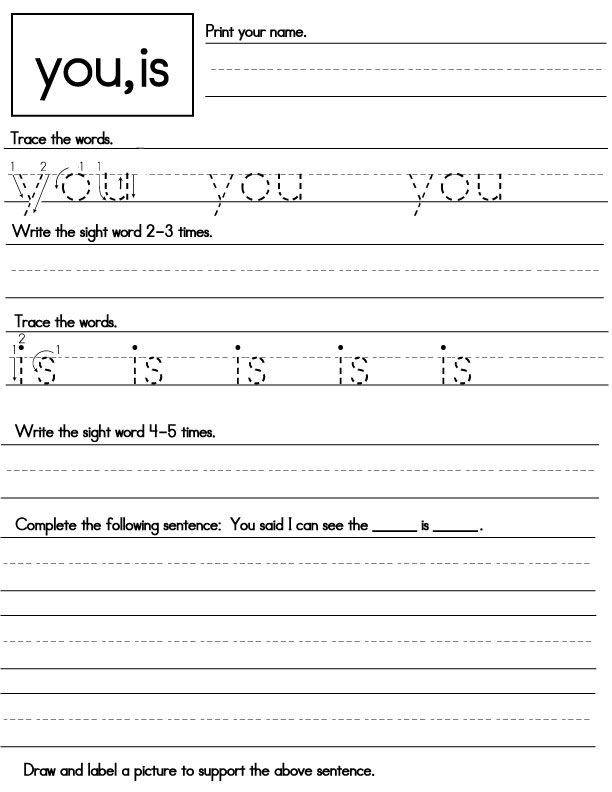
This event ended with watching the cartoon - "The Tale of the Priest and his Worker Balda".
On June 8 we decided to arrange a Music Day for the guys! Since the music that accompanies us in style and quality is very different, we have chosen a different format for our pupils. They had the opportunity to hear a good portion of classical music. And the orchestra of the School of Arts helped us in this. The children listened to a very interesting program in which traditional Russian children's classics coexisted with modern music. The students performed several pieces and talked about their musical instruments.
We express our deep gratitude to the teachers and students of the School of Arts for participating in this event!
CHILDREN'S DAY
It's great that there is such a holiday "Children's Day"! Every year we try to give children a lot of fun games and surprises on this day.
This year, not only an interesting, but also a very important topic was chosen for this event: “Rules of the road”.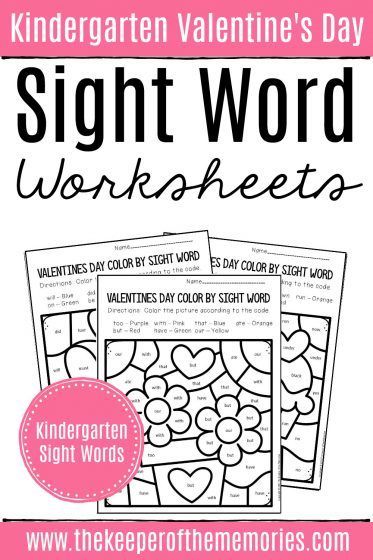 We went on an exciting journey with the children, where it was simply necessary to be able to read the main road signs and follow the safety rules on the road. To the song "Merry Travelers" the guys hit the road. Ahead of them were waiting for games, riddles, poems - chants, competitions and relay races. The kids did a great job and had a great time! At the end of the holiday, each group received an honorary diploma for their knowledge of the rules of the road!
We went on an exciting journey with the children, where it was simply necessary to be able to read the main road signs and follow the safety rules on the road. To the song "Merry Travelers" the guys hit the road. Ahead of them were waiting for games, riddles, poems - chants, competitions and relay races. The kids did a great job and had a great time! At the end of the holiday, each group received an honorary diploma for their knowledge of the rules of the road!
A holiday for children was prepared by music directors and a physical education instructor. Summer has just come into its own, and therefore the plans of the teachers still have a lot of interesting and exciting things for our pupils.
COMPETITION "VOICE. CHILDREN»
I would like to share our news with everyone! On April 28, the final of the contest “Voice. Children". He passed very well! But before becoming the finalists, the guys had to go through a difficult path. Do you want to know how it all began? But there were several stages! And overcoming each step, the guys approached victory! First of all, I would like to say a big thank you to those parents who supported their children in their desire to participate in the competition.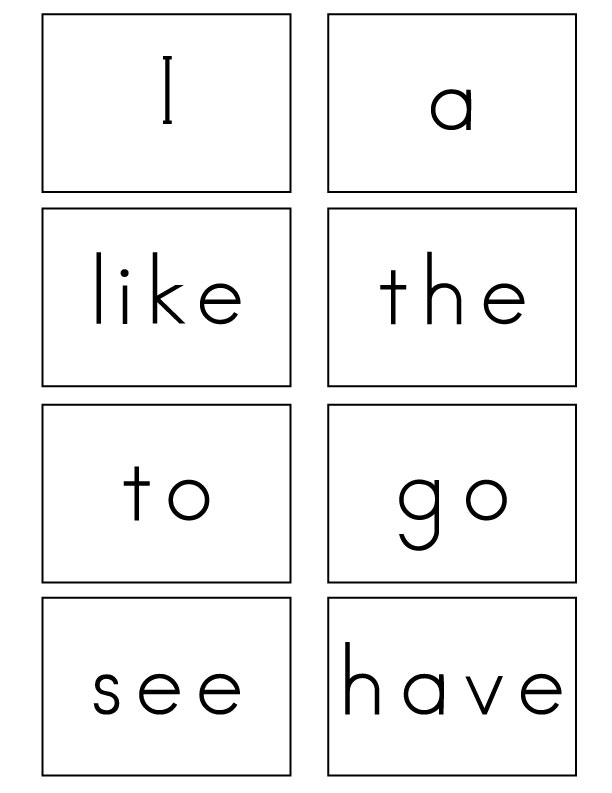 They helped the guys choose a song, learn it, choose a stage image and recorded a video. The performance was evaluated first in their own group, and then by a competent jury using online listening. The jury selected 8 of the best performers in kindergarten.
They helped the guys choose a song, learn it, choose a stage image and recorded a video. The performance was evaluated first in their own group, and then by a competent jury using online listening. The jury selected 8 of the best performers in kindergarten.
Children of preparatory groups were invited to participate in the competition, and among children of 6-7 years old there are quite a few talented children who were left out simply because their parents did not support them at the initial stage ... It's a shame that they did not get the opportunity to become that little star, to which the audience applauds.
But let's get back to our contestants! They were preparing for their final performance together with the music directors: Ostapenko G.Yu. and Myakina I.V. And now, the songs have been learned, the stage image has been selected, and the most exciting moment is ahead - to perform with dignity. Teachers of the Kuzmolovskaya School of Arts were invited to the jury: Timofeeva N.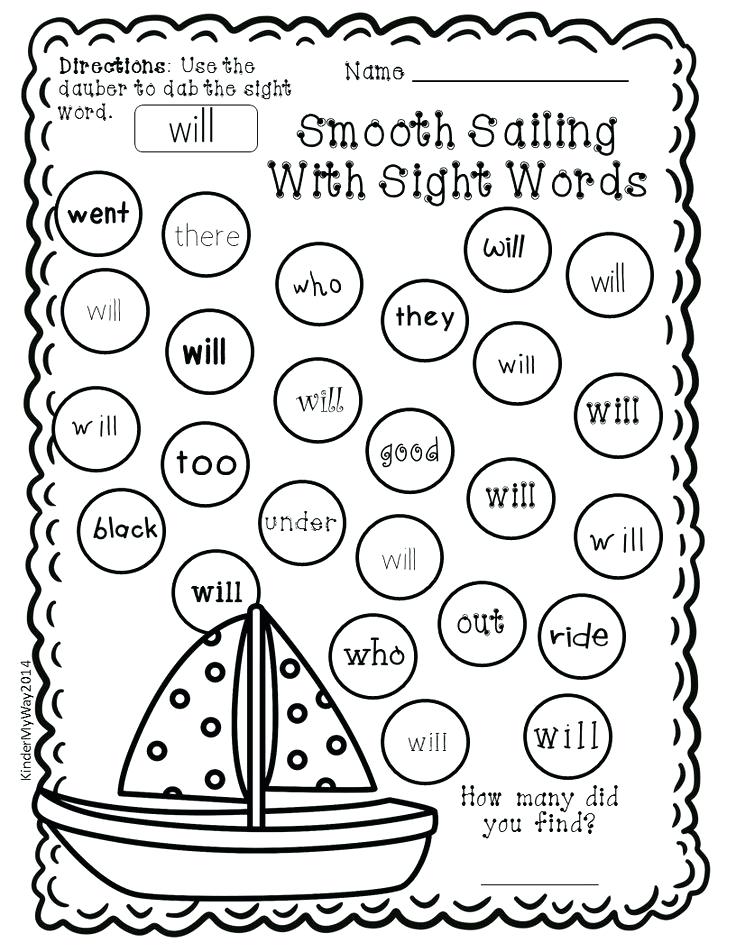 O. (piano teacher) and Evgenia Aleksandrovna Zdorova (cello teacher). At the opening of the competition, they performed classical works as a duet. This, of course, inspired the guys and set them in the right mood. The concert itself was held in a very good atmosphere. The finalists were supported by teachers, children and even members of the jury. But it was necessary to choose the best ... And now, after counting the votes, the winners were determined:
O. (piano teacher) and Evgenia Aleksandrovna Zdorova (cello teacher). At the opening of the competition, they performed classical works as a duet. This, of course, inspired the guys and set them in the right mood. The concert itself was held in a very good atmosphere. The finalists were supported by teachers, children and even members of the jury. But it was necessary to choose the best ... And now, after counting the votes, the winners were determined:
I place - Maxim Mikalauskas (song "Sea Voyage")
II place - Syrtsova Valeria (song "I dream of a miracle")
III place - Varvara Nogovitsina (song "Tangerine Sun")
All participants received diplomas and honorary badges in the form of a treble clef, and the winners were awarded with memorable gifts! I would like to wish the guys not to stop there and always go forward to new bright victories.
All-Russian campaign #Windows of Victory #
On the eve of Victory Day, the children of our kindergarten joined the All-Russian campaign #Windows of Victory # dedicated to the Great holiday.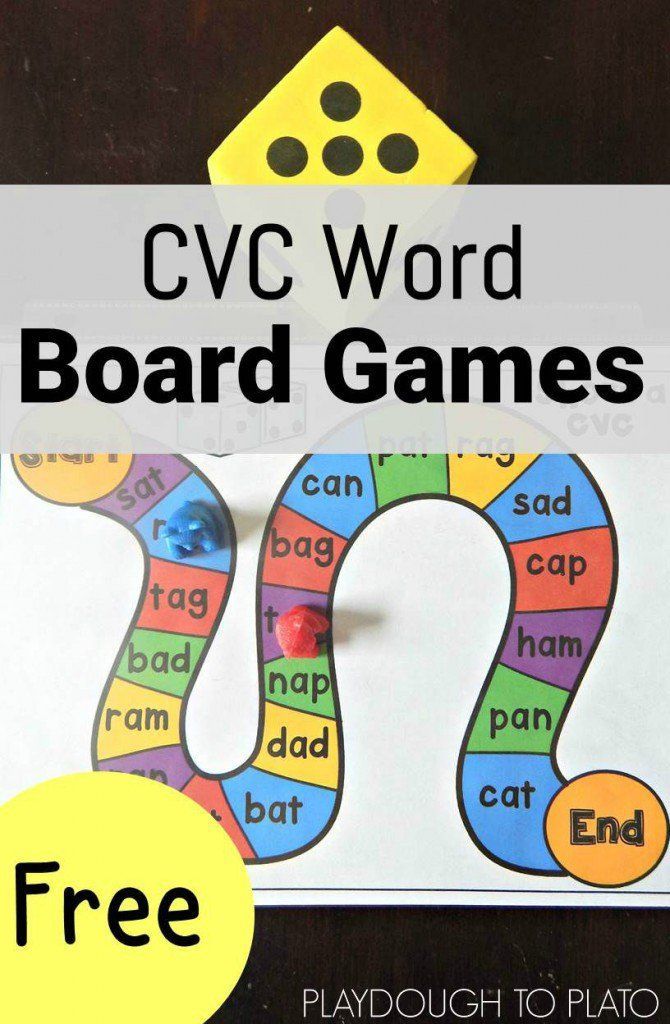 The action was held in the format of an online flash mob. Children, together with teachers, decorated the windows of their groups with great pleasure. We hope that the windows in our village will become just as elegant.
The action was held in the format of an online flash mob. Children, together with teachers, decorated the windows of their groups with great pleasure. We hope that the windows in our village will become just as elegant.
HEALTHY TEETH IS NOT A JOKE FOR US!
Healthy teeth and a radiant smile are an indicator of a person's attractiveness and health. The ancients said: "A person is healthy as long as his teeth are healthy."
Our observations have shown that parents often go to the dentist about diseased teeth in children. From interviews with children and questioning of parents, it turned out that not all children brush their teeth in the morning and evening, use their toothbrush incorrectly, rinse their mouths reluctantly after eating, eat a lot of sweets, eat dairy dishes and vegetable dishes poorly. And all this contributes to the destruction of teeth.
Parents and children of the preparatory group "Kapitoshka" supported our project "Healthy teeth are not a joke for us!".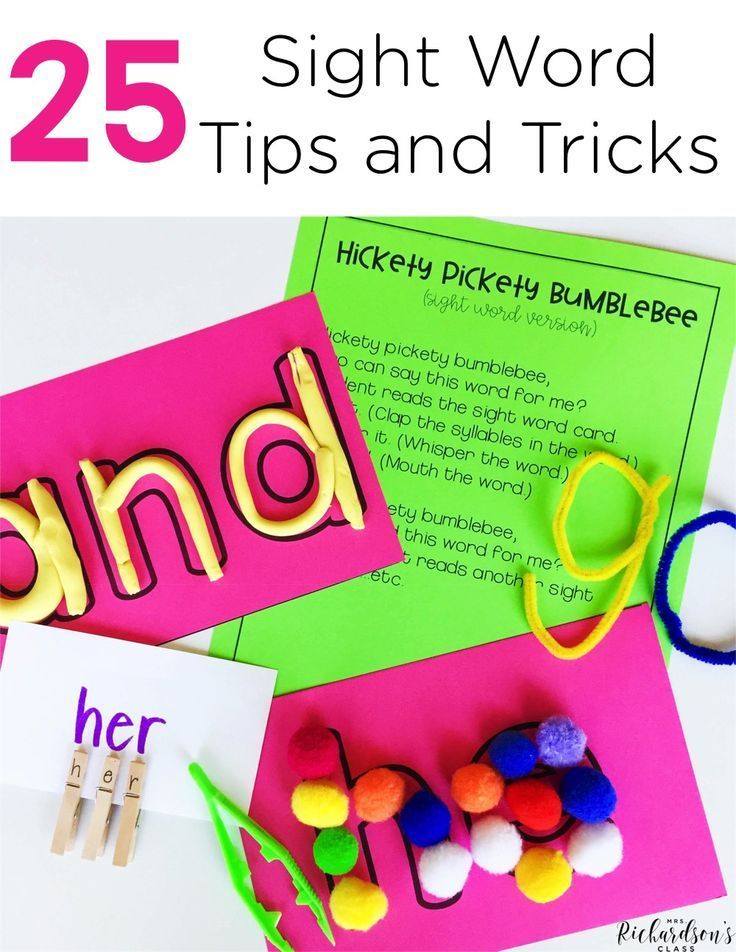 For a whole month, from February 14 to March 15, and that is how long our project lasted, we plunged into this topic.
For a whole month, from February 14 to March 15, and that is how long our project lasted, we plunged into this topic.
We studied the structure of teeth, learned that there are milk and molars, learned that there is harmful and healthy food for teeth. Together with the guys, we clarified our knowledge about caring for teeth and oral cavity, brushed our teeth every day after eating, conducted an experiment “How different drinks affect the condition of teeth”, remembered who a dentist is and why this doctor is needed, did it ourselves and played different didactic games dedicated to the work of the dentist.
The most active guys, with the help of their parents, prepared messages on various interesting topics related to teeth. Raul prepared a message about how the toothbrush appeared, Mikael told the guys about the existence of robotic dentists.
And at the end of our project, we visited the Kholodov dental clinic, where all the guys not only talked to the dentist, but also underwent oral hygiene and received a toothbrush as a gift! As a group, we arranged an exhibition of works "The Funniest Toothbrush".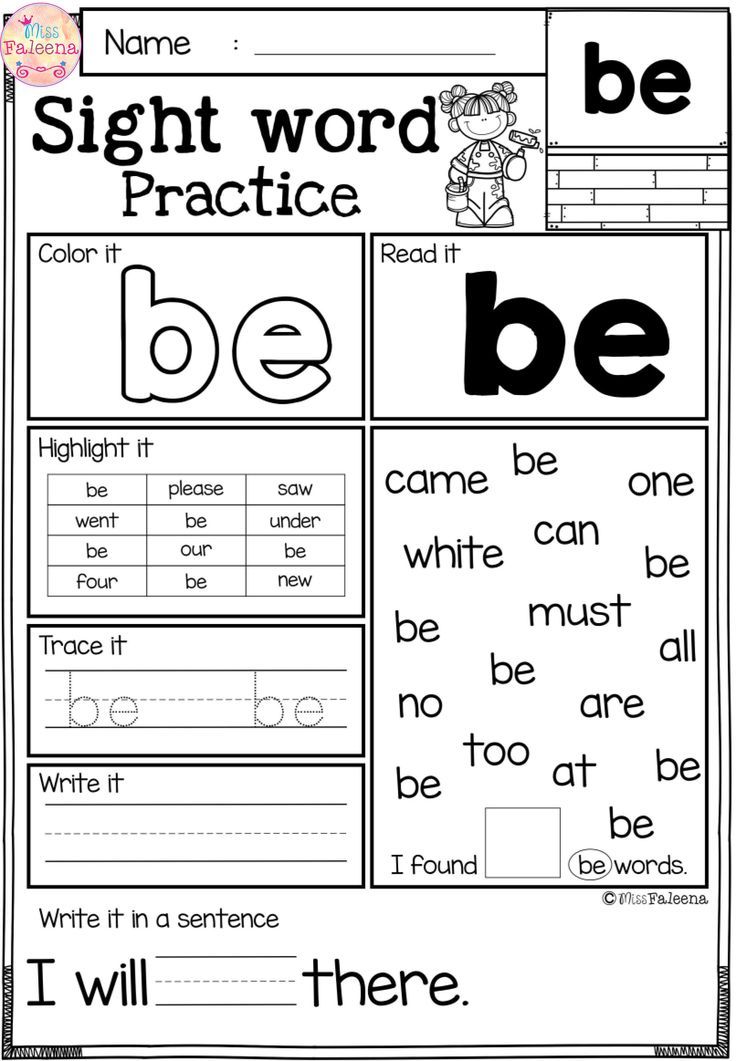
It was an exciting and interesting project!
The most important thing is that the children gained certain knowledge about the rules of oral hygiene, about the structure and functions of teeth, about the causes of dental disease. Children learned how to properly and consistently brush their teeth. They have a desire to independently, without a reminder from adults, daily monitor their teeth!
140 YEARS FROM THE BIRTH OF KORNEI IVANOVICH CHUKOVSKY
"Bears rode
By bike.
And behind them the cat
Back to front…”
These lines are familiar to us from childhood. They were written by one of the most beloved children's writers, Korney Ivanovich Chukovsky. All children and adults know his works: "Doctor Aibolit", "Cockroach", "Telephone", "Fly-Tsokotuha", "Fedorino's grief" and many others.
March 31, 2022 marks the 140th anniversary of the birth of the Russian poet and writer.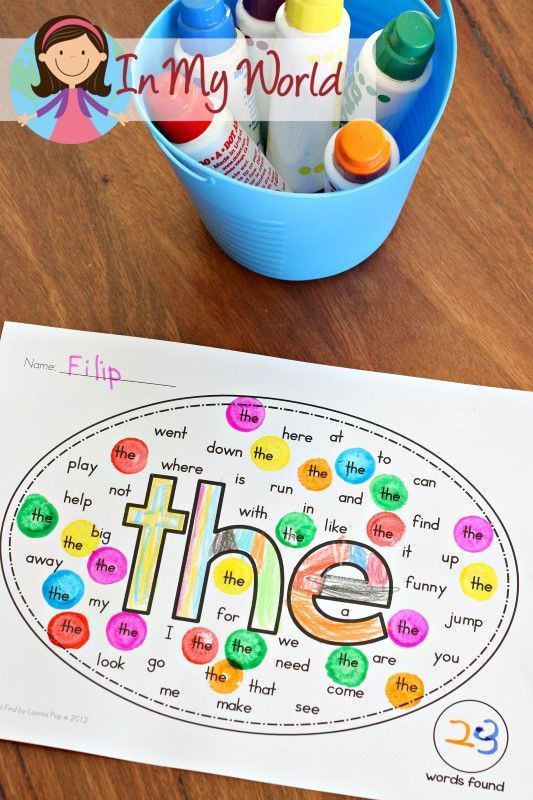 All groups of our kindergarten celebrated the writer's birthday in their own way.
All groups of our kindergarten celebrated the writer's birthday in their own way.
Children of the junior group "Rucheyok" took part in the All-Russian competition-quiz "Journey through the fairy tales of K. I. Chukovsky" and won first place.
The middle group "Romashka" together with the preparatory group "Rainbow" held an event in the group, at which the children read poetry, guessed riddles based on the fairy tales of K. I. Chukovsky and danced.
An exhibition of Chukovsky's books brought by children from home (home library) was organized in the middle group "Kolokolchik", and a reading competition was held within the group.
The senior group "Bee" organized an exhibition of creative works based on the fairy tales of K. I. Chukovsky. Children's works were sent to the All-Russian competition of children's creativity "Tales of Grandfather Korney", where they were highly appreciated. Children were awarded with diplomas of winners. The preparatory group "Rainbow" took part in the All-Russian creative competition "The world of Chukovsky's fairy tales": two first places - Seryozha Golubev and Eldar Muratov, one second place - Gleb Arutyunov.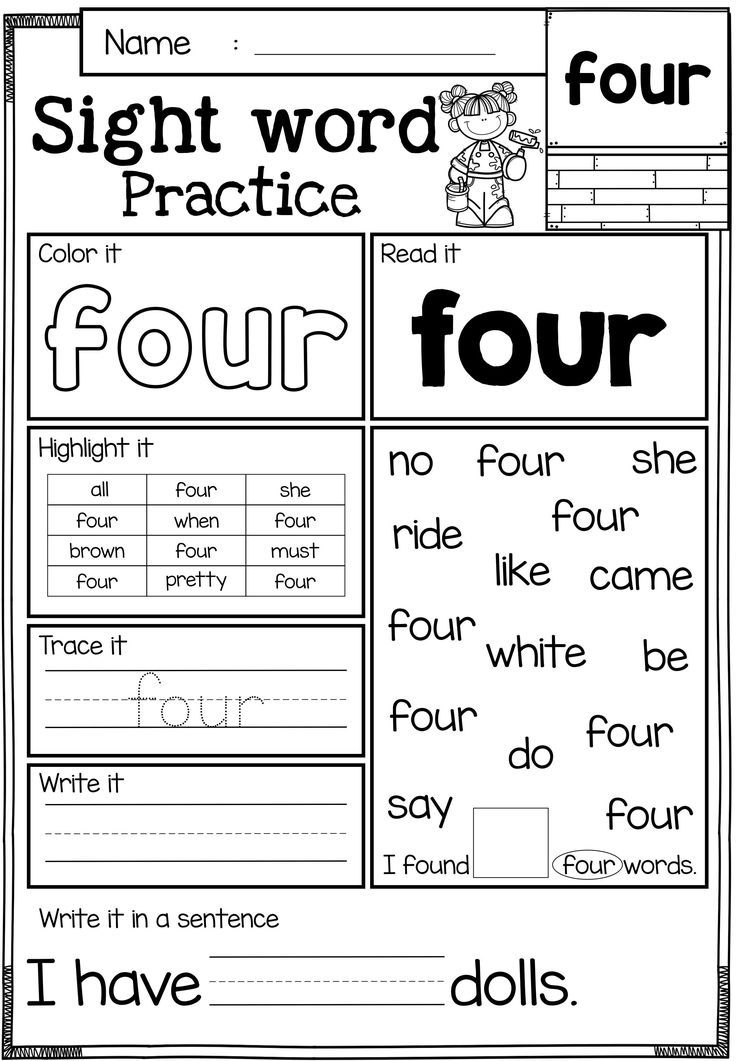
The preparatory group "Snowdrop" held a drawing competition in the group "My favorite work of K. I. Chukovsky."
On March 31, the senior group "Yagodka" visited the village library, where a literary festival "Kind Grandfather Roots" was held on the occasion of the anniversary of the writer K. I. Chukovsky. At the beginning of the event, the children carefully listened to the story of the librarian Svetlana Mitrofanovna about the life and work of Chukovsky, and then went on an exciting quest - a journey "Find Chukovsky's books that Barmaley hid!". Children performed all the tasks with interest, actively answered questions, demonstrating knowledge of the works. They guessed riddles, recited excerpts from their favorite works by heart and returned all of Chukovsky's fairy tales to the bookshelves. And at the end of the event, the children showed a staging of the fairy tale "Telephone", which they had prepared in advance. We made a wall newspaper.
And, finally, the most important event in the kindergarten is a reading competition dedicated to the 140th anniversary of the birth of K.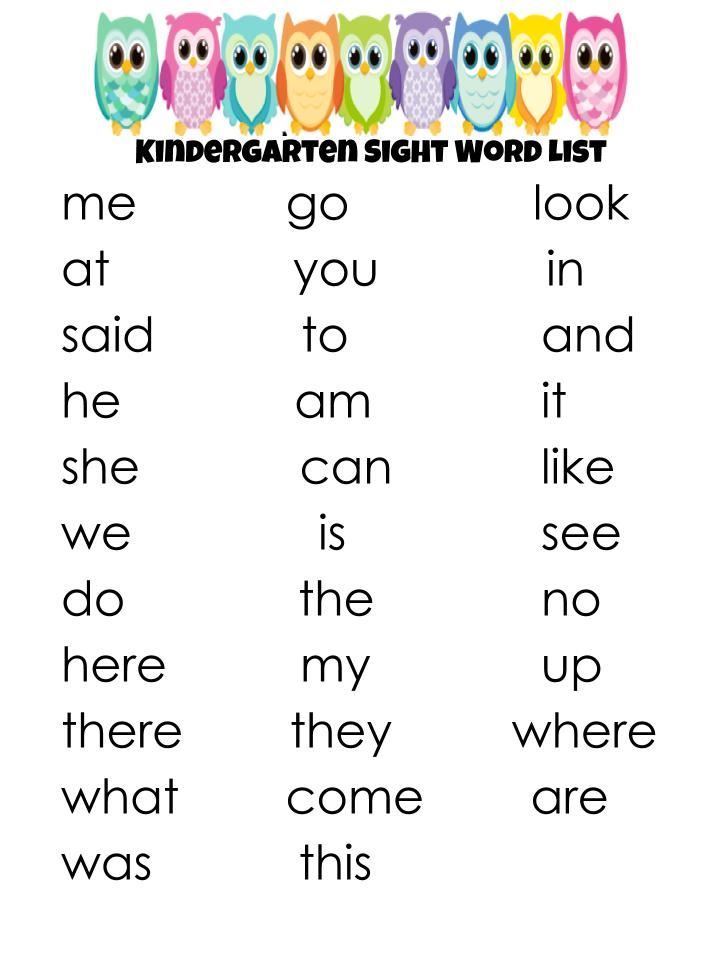 I. Chukovsky, took place on April 8. The teachers prepared and held an unforgettable holiday: Danilova E.M., Karmelyuk O.A. and music director Myakina I.V. All children of senior preschool age took part in the competition. Before the final, each group had a qualifying round. In the final, each of the guys did their best and prepared not only a poem, but also an unusual costume with attributes. There were whole theatrical numbers. In between performances, the children played fun games. This event turned out to be very bright and memorable for the guys. Three winners were determined among children of senior and preparatory groups. All finalists received certificates of participation.
I. Chukovsky, took place on April 8. The teachers prepared and held an unforgettable holiday: Danilova E.M., Karmelyuk O.A. and music director Myakina I.V. All children of senior preschool age took part in the competition. Before the final, each group had a qualifying round. In the final, each of the guys did their best and prepared not only a poem, but also an unusual costume with attributes. There were whole theatrical numbers. In between performances, the children played fun games. This event turned out to be very bright and memorable for the guys. Three winners were determined among children of senior and preparatory groups. All finalists received certificates of participation.
Many thanks to the parents who responded to the call to prepare their children for participation in the reading competition!
SHUTTER
Cheerful Russian folk holiday "Maslenitsa" is held annually in our kindergarten and has already become traditional and beloved by children.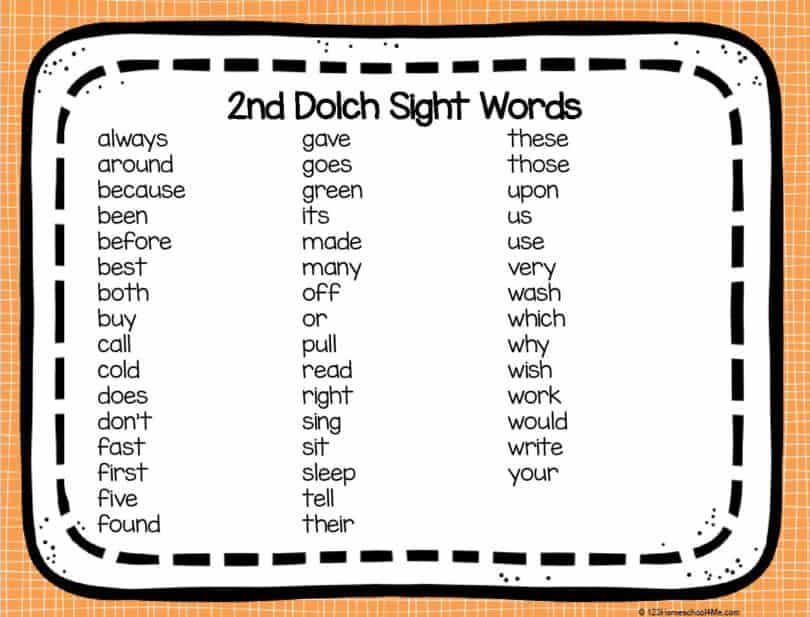 So this year, on March 5, the guys became participants in the celebration of Maslenitsa.
So this year, on March 5, the guys became participants in the celebration of Maslenitsa.
The Shrovetide week was opened by a puppet show "The Adventure of Maslenitsa". Children together with a cheerful pancake traveled through the winter forest. In the following days, the children prepared for the holiday and looked forward to it. In the classroom, they learned how they used to celebrate Maslenitsa in Rus', what this custom means and where it comes from. Together with the teachers, they made suns, which became the decoration of the festive site.
Our holiday was saturated with folk color: Russian folk melodies, dances and round dances, games and fun. An atmosphere of joy and merriment reigned everywhere. As expected, the children had a lot of fun and were not just observers, but full-fledged participants in the event. The beautiful Spring came to visit the children. Funny contests did not let anyone get bored!
At the end of the holiday the children enjoyed a traditional Maslenitsa dish. A ruddy pancake - a symbol of the holiday - is loved by every child. We spent the winter with a cheerful and provocative holiday! Let's wait for spring!
A ruddy pancake - a symbol of the holiday - is loved by every child. We spent the winter with a cheerful and provocative holiday! Let's wait for spring!
CHILDREN'S BOOK WEEK FOR KIDS
Give our children books,
And you will give them wings"
E. Lepman.
At the beginning of February, we had a themed week dedicated to children's books with our little ones, during which interesting events were organized.
In the younger group "Dandelion" the children together with their parents performed a creative task of making homemade books with text of their own composition and illustrations. Expectations justified themselves: parents responded to the proposal to make a hand-made book with their children and creatively approached this task. Then the educators organized the exhibition "Books for the baby with their own hands." It turned out to be small, but very interesting.
In the younger group "Rucheyok" educators with children also made baby books on various lexical topics, and also held an action together with parents "Save the Book".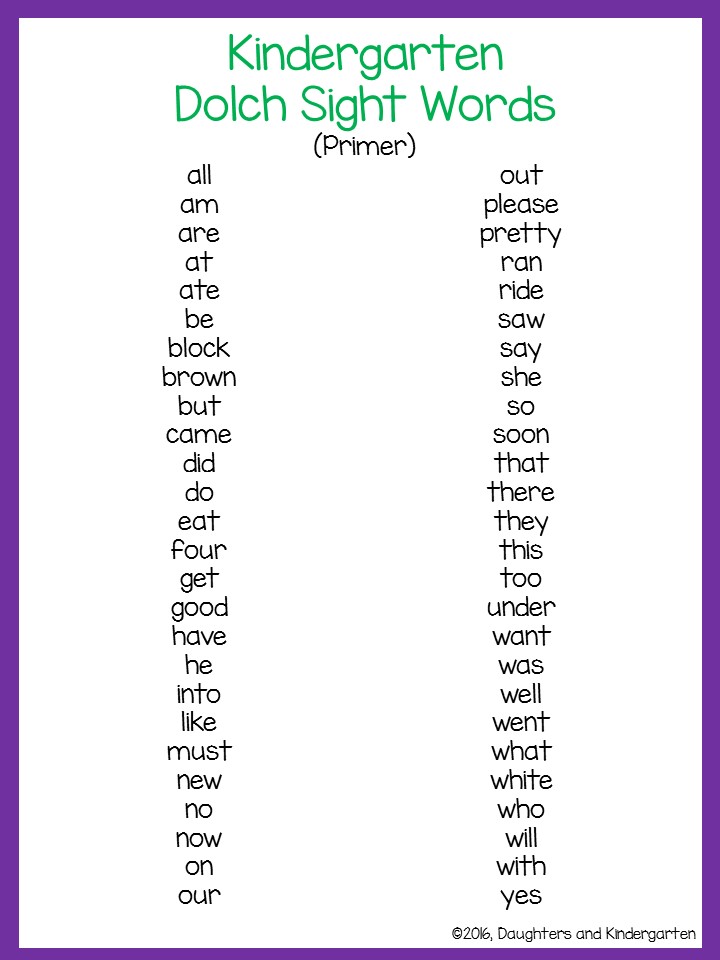 As a result of this action, more than twenty children's books were "cured".
As a result of this action, more than twenty children's books were "cured".
In the "Bell" group, teachers with children and parents organized a mini-museum "My Favorite Book". The museum was filled with favorite books brought from home. Each of the children introduced the others to their “favorite” and told about it. And then the pupils of this group made books with their own hands with enthusiasm and interest.
February 17 was the birthday of the wonderful children's writer Agnia Lvovna Barto. I think that in our country there is not a single child and not a single adult who would not be familiar with the work of this poetess.
So the children of the middle group "Romashka" visited the literary leisure "In the land of toys", which was organized for them by educators together with the music director. The children read Agnia Barto's poems by heart, participated in a quiz, where they quickly recognized the heroes of their favorite poems from the picture. They played musical and outdoor games, guessed riddles.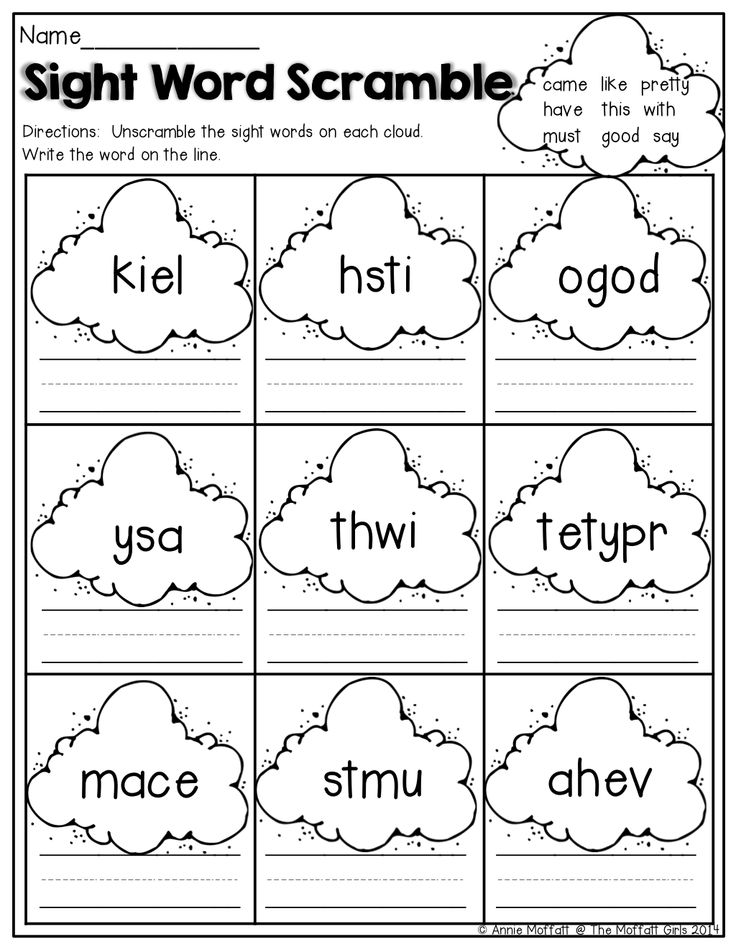 We listened to cartoon songs to the words of our favorite poetess and made drawings for poems from the "Toys" cycle. From the pictures received, the children created a wonderful book with illustrations, which took a special place at the exhibition of books dedicated to the work of the writer.
We listened to cartoon songs to the words of our favorite poetess and made drawings for poems from the "Toys" cycle. From the pictures received, the children created a wonderful book with illustrations, which took a special place at the exhibition of books dedicated to the work of the writer.
Children's Book Week, organized in all groups of younger age, turned out to be very eventful, creative and interesting.
It is known that communication with a book teaches kids to be neat, disciplined, responsible. Therefore, the book is the main assistant to parents and teachers in educating the personality of a preschooler.
SPORTS QUEST - GAME "ZIMUSHKA - WINTER"
For preschool children there is nothing more interesting and exciting than a game. Especially if this game is of an adventure nature, where you need to look for keys, complete various tasks in order to get the main prize! Such games are called quests, and they are very popular in kindergartens today.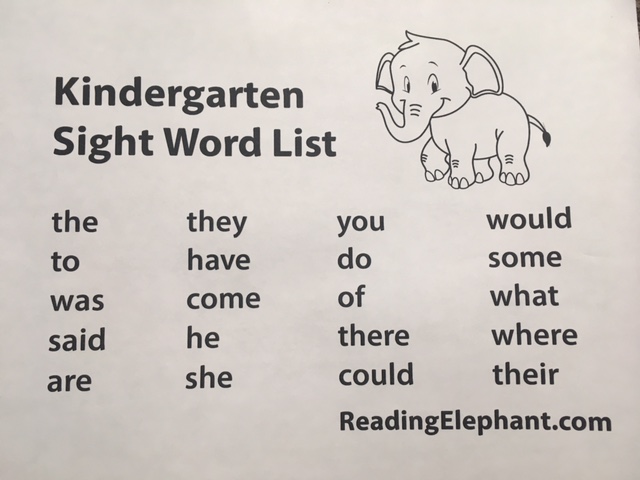
January 28 in our kindergarten was noisy and fun! Children, together with their teachers, participated in an exciting sports quest - a game that took place on the territory of the kindergarten. The children were waiting for a lot of trials, from which they came out even more courageous, dexterous, resourceful and quick-witted.
In, in search of keys to the chest with a surprise, the children visited the stations: “Crossing”, “Who is faster”, “Fast skiers”, “Agile hockey players”, “The most accurate”, “Ride on a cheesecake”, where they guessed riddles, competed in agility, speed and endurance.
Each team, and there were six of them, after completing the tasks, received a part of the picture, from which it was necessary to make up the big picture to open the treasure chest (treats).
Hooray!!! Sounds like a victory march! Quest completed.
The entire quest game was held in a warm, cheerful and friendly atmosphere, and the participants enjoyed it and got a lot of impressions.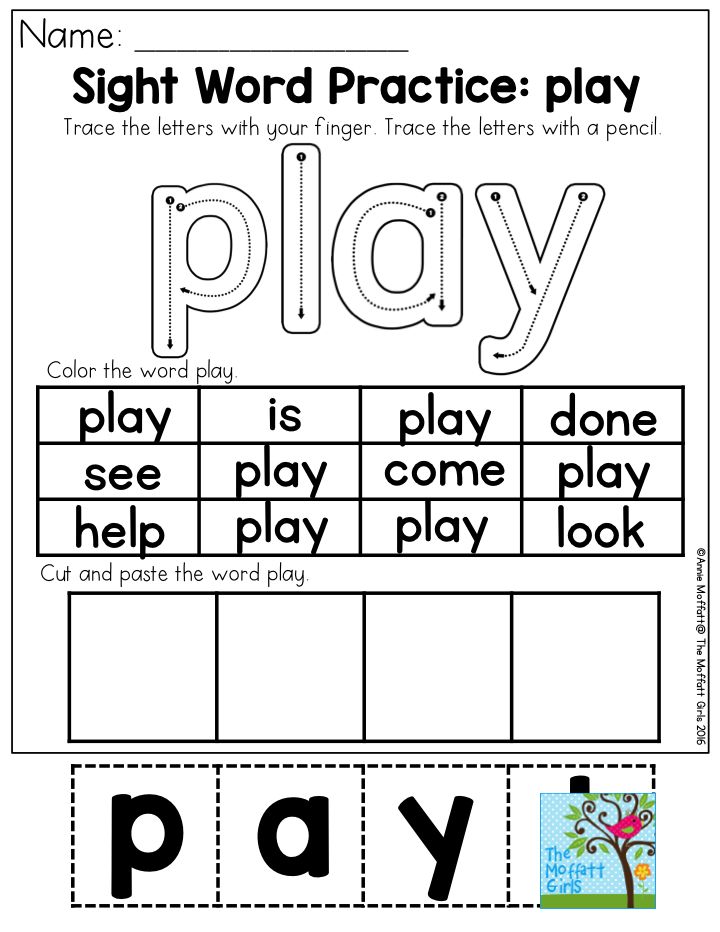
This game helped children to raise their competitive spirit, taught them how to work in a team, overcome difficulties, and, most importantly, get a huge boost of energy. After all, cheerfulness and good mood are the key to the good health of our children. What we wish you all!
PROMOTION "LOVE SNOW"
In January 2022, our kindergarten MDOBU Kuzmolovsky DSKV joined the United Russia party project and held the Love Snow campaign as part of the #Team47#Knowledge_Team
programIn the course of an educational action, educators with children in a playful way consolidated their ideas about the importance of snow removal in winter. The children formed a positive attitude towards winter, snow, respect for the work of janitors and volunteers.
During the action, the children got acquainted with snow removal equipment. Clearing snow from the yard with a friendly company turned out to be much more interesting and fun! Children gladly cleared their areas with small shovels.
And how can you not love snow? After all, snow is a white miracle, snow is an excellent building material, snow brings joy and pleasure not only to children, but also to adults. Lots of snow this year! There are so many of them that snowmen were made and fortresses were built in all areas of the kindergarten. Children not only worked hard, but also played enough. The teachers organized a variety of games and competitions with the children.
In the process of experimenting, children measured the depth of snowdrifts, observed the behavior of birds on the feeders, and learned to compare their tracks in the snow.
Brilliant eyes, rosy cheeks and a great mood - that's the result of winter walks and the action "We love snow"!
#Team47
#Knowledge_Team
THEATER IN KINDERGARTEN
And we have a holiday today
Joyful, cheerful.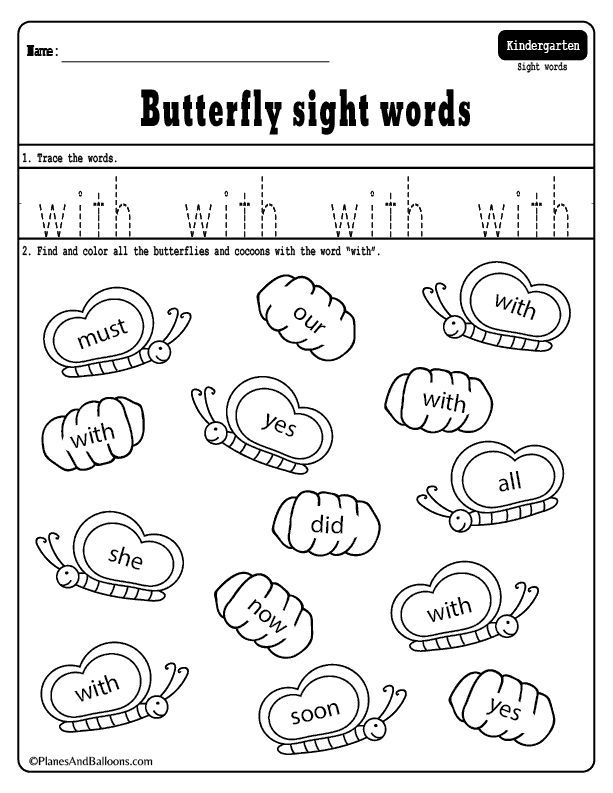
Theater came to kindergarten,
Happy story again!
When it is not possible to take the children to a real theater, the theater itself can come to visit you.
It has become a good tradition in our kindergarten to show theatrical performances to pupils. Thanks to our creative teachers, once a month the music hall of the kindergarten turns into a puppet theater auditorium.
From the beginning of the school year, young viewers were shown fairy tales: “Turnip in a new way”, “A bag of apples”, “Spikelet”, “Snow bun”.
The guys wait with bated breath for the start of the performance. Against the backdrop of colorful scenery, familiar and beloved characters appear on the stage one after another. Fabulous scenery and bright dolls, beautiful cheerful music and an interesting story enchants children. They listen attentively and follow with interest the action of the puppet show, together with the characters they rejoice, grieve and have fun.
And yet, our performances are always interactive, children are directly involved in fairy tales.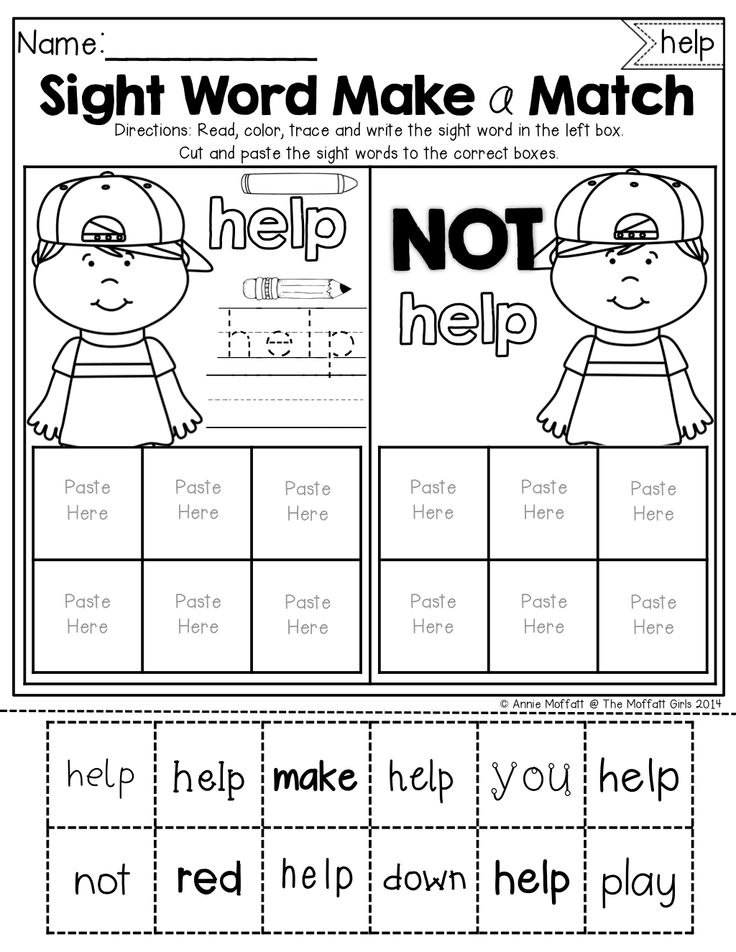 They play, sing along, dance, guess riddles.
They play, sing along, dance, guess riddles.
The puppet theater gives children a lot of joy and pleasure, creates a good mood for them, and then, is clearly reflected in their creative games.
ON THE DAY OF THE COMPLETE LIBERATION OF LENINGRAD FROM THE FASCIST BLOCKADE
Remember! Through the centuries, through the years - remember!
About those who will never come again - remember!
People! As long as hearts are beating, remember!
At what price is happiness won - please remember!
January 27 is one of the most significant dates for Petersburgers - the Day of the complete liberation of Leningrad from the fascist blockade. Commemorative events are held throughout the country on this day with the lighting of candles, the laying of flowers at monuments and memorials.
The children of the preparatory group of our kindergarten dedicated their performance to this day.
WORLD SNOWMAN DAY
Did you know that January 18th is World Snowman Day? Why does a snowman need a broom? Where did the bucket come from and why is Snowman Day celebrated on January 18?
It's funny, but the choice for January 18 was not accidental. After all, the number 1 looks like a broom, and 8 looks like a snowman. Perhaps, it is unlikely that in our country there will be at least one person who would never have heard anything about snowmen. We know about snowmen from fairy tales and cartoons, in which he is an assistant and faithful companion of Santa Claus.
But the Snowman has been known since ancient times, since the time of pagan Rus'. It was believed that if you whisper your cherished desire in his ear when the snowman began to melt, he would take him to heaven.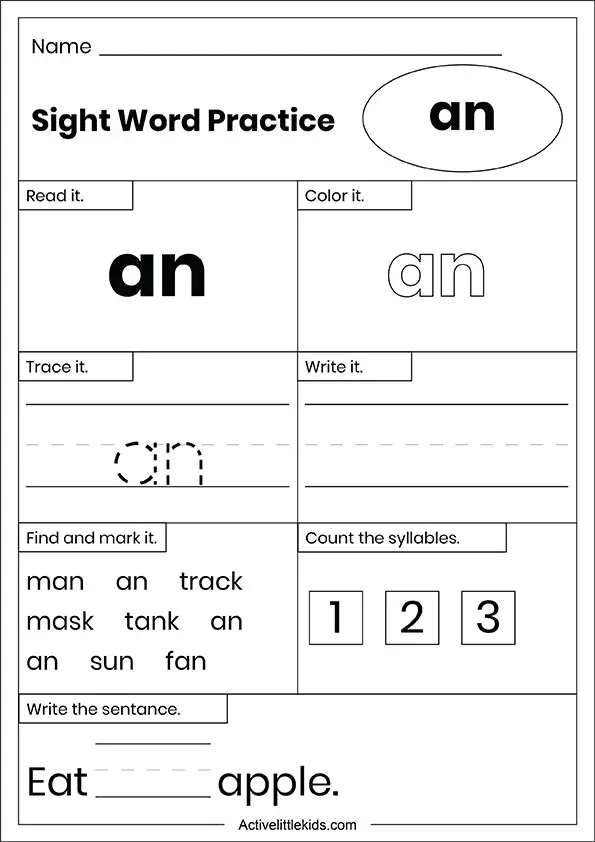 And they also put a broom in his hands so that with its help he could fly there. It was also believed that snowmen could calm down evil spirits.
And they also put a broom in his hands so that with its help he could fly there. It was also believed that snowmen could calm down evil spirits.
On his birthday, the Snowman became a long-awaited guest in the senior group "Yagodka" and dropped in on a visit to the group of children "Rainbow". Together with the children, the Snowman sang and danced, played funny games, talked about his birth and destiny, and, of course, accepted congratulations from the guys! The children learned a lot of new and interesting things from the guest; We had a lot of fun and a lot of positive emotions!
At the end of the holiday, the Snowman treated all the kids to his favorite delicacy - snow-white marshmallows.
A fun winter idea Happy Snowman's birthday is an integral part of the winter holidays in our kindergarten, and brings only positive emotions, feelings of a cloudless childhood and joy.
ALL-RUSSIAN TOURNAMENT OF ABILITIES "ROSTOK"
In November 2021, ninety-eight children from our kindergarten aged 5-6 and 6-7 took part in the first stage of the RostOK-SuperUm tournament of abilities.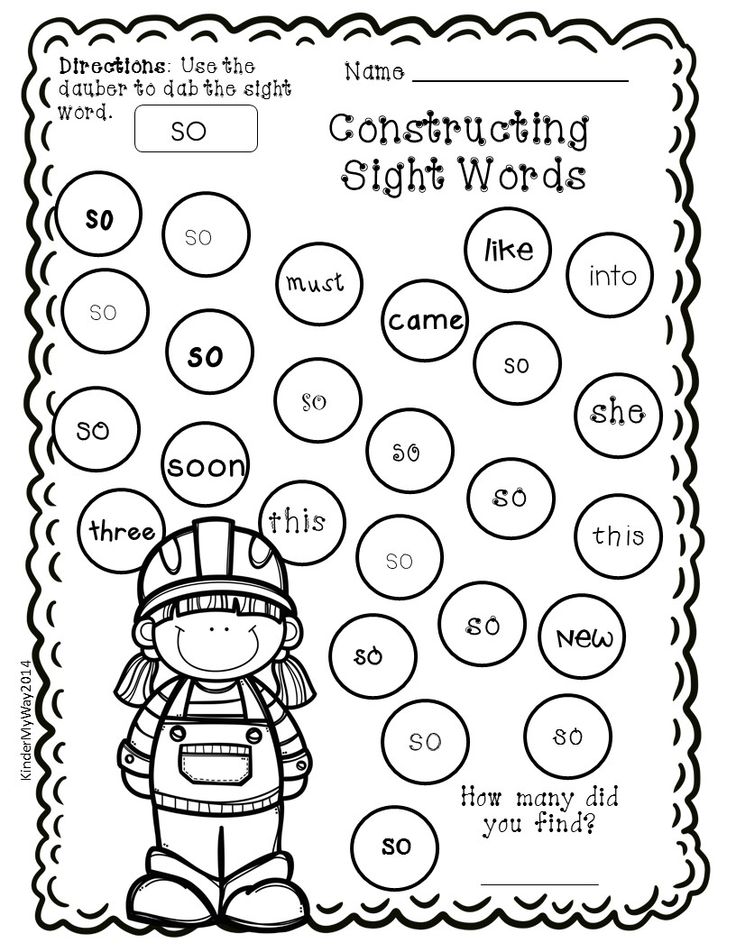
Tournament of abilities "Rostok" is an intellectual competition for children of senior preschool age, the main goal of which is to identify children with high intellectual abilities, to maintain the cognitive activity of older preschoolers.
The Tournament of Ability has been running for several years now. So our girls and boys tried their hand at performing interesting tasks.
The tasks of this tournament were aimed at revealing the formation of cognitive processes: memory, attention, perception, thinking and imagination.
Children of the preparatory group "Kapitoshka" also took part in the tournament. The guys were met and opened by Professor Vseznaykin. The professor set the children up for the joyful atmosphere of the tournament, offered tasks, held an active break, and at the end of the tournament, everyone received small surprises from a magic bag.
A group photo for memory completed the intellectual holiday!
The most important thing is that all the guys have a good, festive mood after the tournament!
As a result of a serious test, all children received certificates of participation or diplomas of winners. But regardless of the results we got, we want to note the activity of children, their interest, positive attitude and desire to participate in such events!
But regardless of the results we got, we want to note the activity of children, their interest, positive attitude and desire to participate in such events!
COMPETITION "ATTENTION, ROAD!"
In December, the pupils of our kindergarten became participants in the All-Russian creative competition "Attention, the road!" The goals and objectives of the competition were not only the formation of knowledge and the enrichment of the vocabulary, but also the creative development of children, and the support of joint parent-child creativity.
After discussing all the proposed options, the guys, teachers and parents chose to participate in the following categories: appliqué, arts and crafts, reading a work, computer graphics.
Creative works were evaluated in several positions:
- compliance of the content of the creative work with the declared topic;
- the relevance of the competitive work;
- completeness and figurativeness of the disclosure of the topic;
- depth of content and level of disclosure of the topic;
- creative individuality and approach, originality of idea, innovation;
- social significance.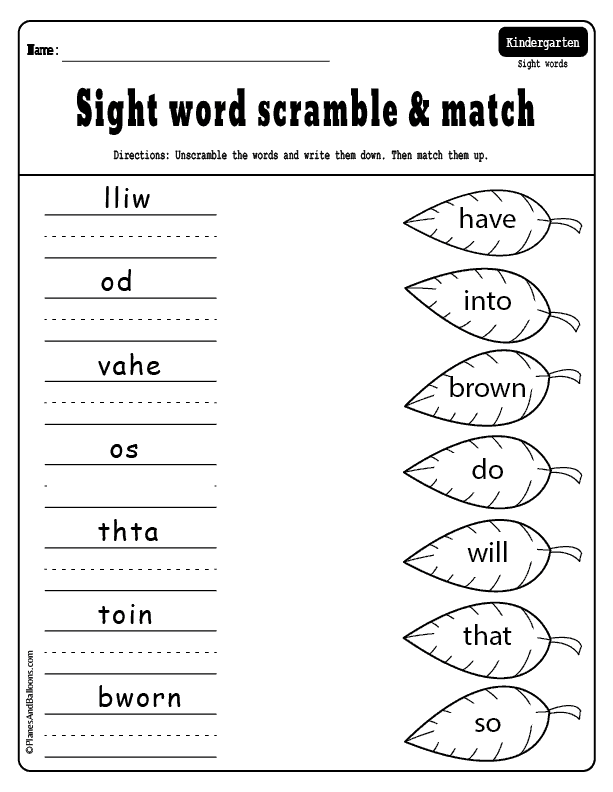
All participants did their best to comply with the requirements and recommendations of the competition organizers.
Together we managed to collect seven creative works made in various techniques, record the performance of three pupils who read poetry and create a cartoon with an initiative group consisting of thirteen children.
The guys worked on the educational cartoon for two weeks! First, together with the teachers, they came up with an idea, discussed the actions of the characters, then started making attributes and a layout. Then there was a difficult, but very interesting process of filming, recording voice acting, and at the end, the teachers made the editing.
At the end of December the results became known. Hooray! All participants are winners!
5 winners in the nomination "Decorative and applied art";
3 winners in the nomination "Reading a work of art";
2 winners in the nomination "Application";
Collective work in the nomination "Computer graphics (animation)".
Participation in such events brings a positive experience of interaction between children, parents and teachers.
Teacher of the middle group "Bell" Samoilova E.A.
ACTION "YOU HELP THE FEATHERS - MAKE THEM A FEEDER!"
"It's hard - oh, it's hard, the birds have to do it in winter! They are looking for somewhere to hide from the cold, from the terrible winter wind, but they do not find it and perish. SOS! SOS! SOS! Save me from death! For help! Build warm houses for the birds and arrange canteens! (V. Bianchi "Forest Newspaper")
Winter is a difficult time for birds. It is known that only two out of ten small birds remain in severe winters, and birds suffer more from starvation than from cold. If a bird does not eat for six hours in a row in winter, it may die. Winter has started early this year. Real! Russian! With snow and bitter cold.
Feeding wintering birds benefits not only the birds, but also in the education and upbringing of children.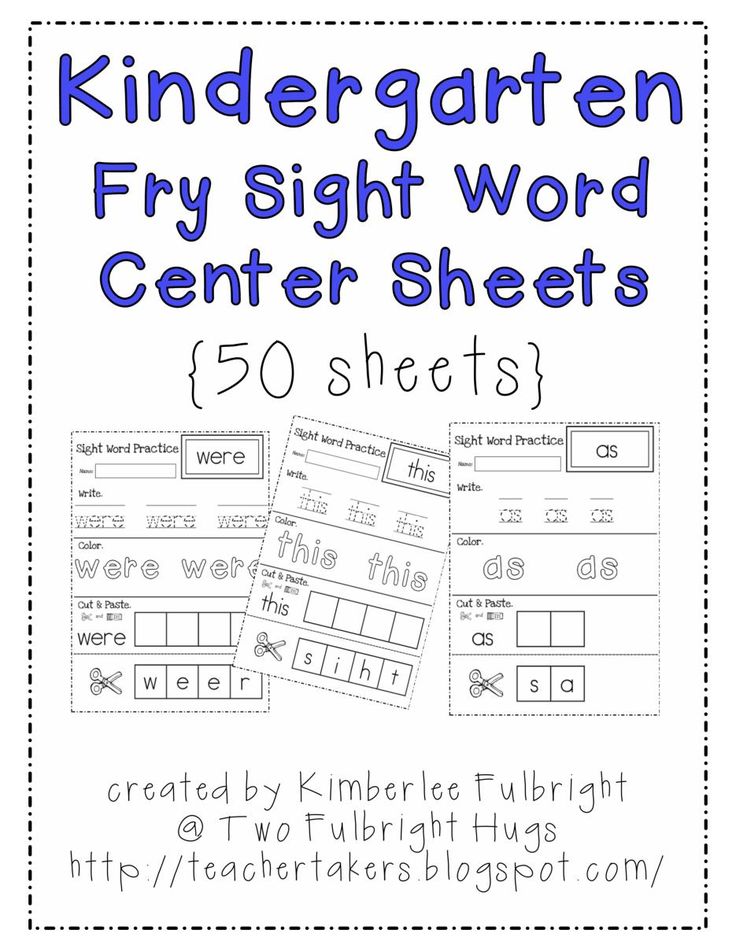 Through conversations, cognitive activities and observations, children learn about the different types of birds in their area, study the characteristic features of their appearance, behavior, learn to take care of the birds, rejoice, realizing that by sharing the crumbs, feeding the birds, you can save them from death.
Through conversations, cognitive activities and observations, children learn about the different types of birds in their area, study the characteristic features of their appearance, behavior, learn to take care of the birds, rejoice, realizing that by sharing the crumbs, feeding the birds, you can save them from death.
After all, one feeder can save up to 50 tits from death during the winter! And one tit saves up to 10 trees from pests per season! And one small tree provides oxygen to three people!
Every year in our garden there is an action "You help the birds - make a feeder for them!" What beautiful and comfortable feeders the children made together with their parents! We hung them in the kindergarten plots and organized a watch in the bird canteen. Children during a walk carefully correct the feeders, replenish them with food collected or brought from home.
The result of our good work is that flocks of birds, waiting for food, stay on the site of the kindergarten, waiting for it.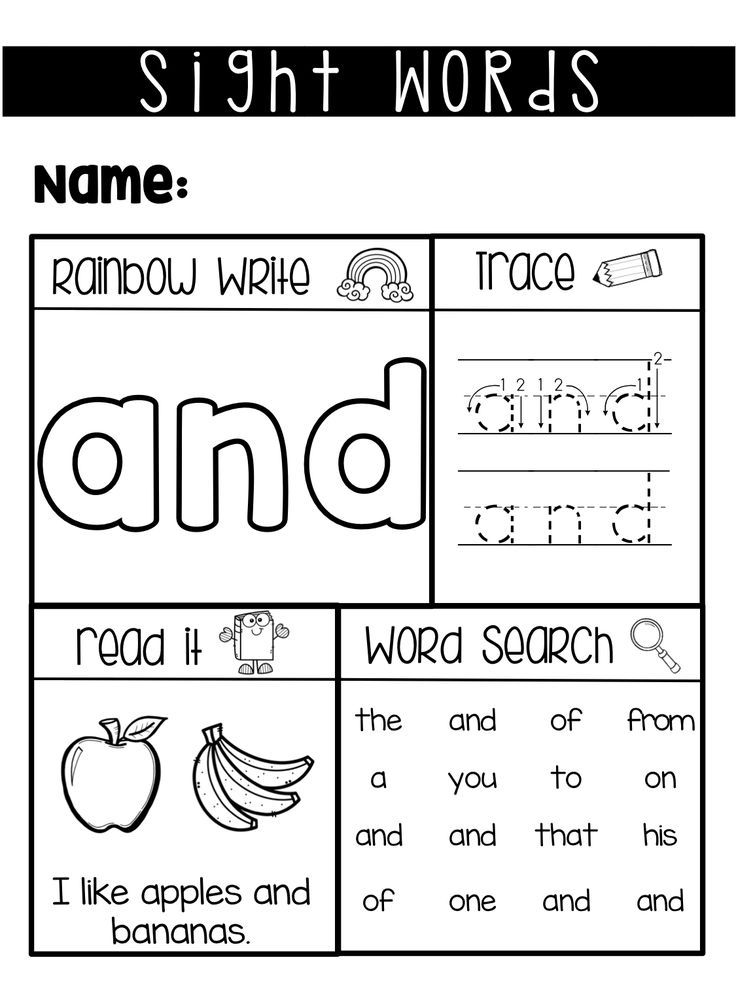 And we look at the visitors of the feeders, get to know them, find out what they like to eat.
And we look at the visitors of the feeders, get to know them, find out what they like to eat.
If you haven't built bird feeders yet, now is the time!
READ MORE...
HEALTHY TEETH IS NOT A JOKE FOR US!
140 YEARS FROM THE BIRTH OF KORNEI IVANOVICH CHUKOVSKY
SHUTTER
CHILDREN'S BOOK WEEK WITH KIDS»
SPORTS QUEST - GAME "ZIMUSHKA - WINTER"
ORANGE - ORANGE VITAMIN
THEATER IN KINDERGARTEN
WORLD SNOWMAN DAY
ALL-RUSSIAN TOURNAMENT OF ABILITIES "ROSTOK"
COMPETITION "ATTENTION, ROAD!"
Cartoon "House at the crossing"
ACTION "YOU HELP THE FEATHERS - MAKE A FEEDER FOR THEM!"
VIEW MORE...
Duties of a psychologist in kindergarten
-
Activities of a kindergarten psychologist
-
The tasks of a psychologist in kindergarten
-
What methods does a child psychologist use in her work?
-
What a preschool psychologist does not have the right to apply in working with children
-
Improving the knowledge of a preschool psychologist
How quickly time flies and children grow up! And now the baby is mastering the first independent stage in education - kindergarten is coming.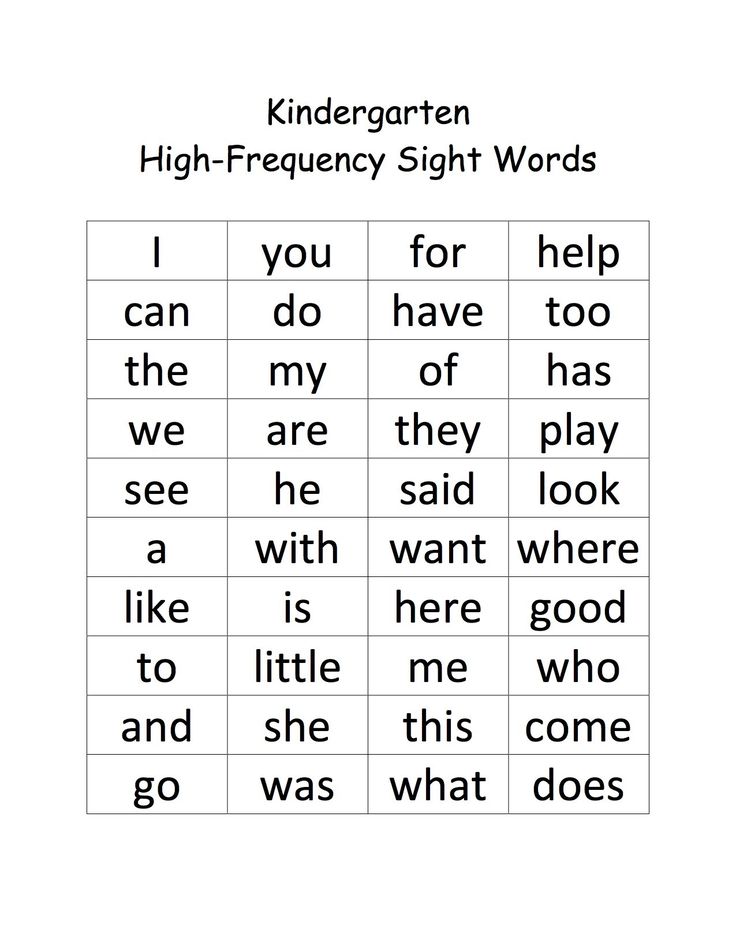 Imagine a small person suddenly finds himself in an unusual environment: there are a lot of new people around - kids and adults, you need to follow some strange rules, keep a sleep and walk schedule, eat on your own, get to know and be friends with peers. All of this is no doubt stressful for your preschooler. To help in adapting to innovations and to monitor the preservation of the harmony of the psychological state of your child in kindergarten and the teacher-psychologist is called.
Imagine a small person suddenly finds himself in an unusual environment: there are a lot of new people around - kids and adults, you need to follow some strange rules, keep a sleep and walk schedule, eat on your own, get to know and be friends with peers. All of this is no doubt stressful for your preschooler. To help in adapting to innovations and to monitor the preservation of the harmony of the psychological state of your child in kindergarten and the teacher-psychologist is called.
Parents of preschoolers are often interested in: why do we need a psychologist in kindergarten, how does he differ from ordinary educators, what are the requirements for this profession and what actions in relation to children does he not have the right to? We will try to answer these and other questions.
.
Activities of a kindergarten psychologist
A teacher-psychologist in preschool education is not a psychiatrist, not a neurologist, and not a physician.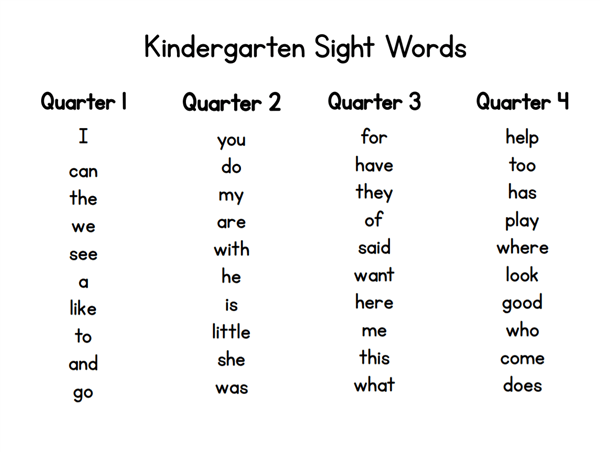 This is a specialist who, taking into account the age of the child, identifies children's problems and sets as his ultimate goal the preservation and strengthening of the emotional health of pupils, their harmonious existence in a preschool educational institution, the development of natural talents and the provision of timely support to parents and kindergarten teachers in difficult life situations.
This is a specialist who, taking into account the age of the child, identifies children's problems and sets as his ultimate goal the preservation and strengthening of the emotional health of pupils, their harmonious existence in a preschool educational institution, the development of natural talents and the provision of timely support to parents and kindergarten teachers in difficult life situations.
What exactly does he do? What tasks does it solve?
The psychologist of the preschool educational institution conducts activities in the following three areas: work with the child, with his parents, with educators.
Let's consider them in more detail:
-
Directly in work with children, the teacher-psychologist first assesses the characteristics of the child's personality, determines his psychotype, highlights behavioral features, strengths and weaknesses, natural talents and fears. Possessing these data, the kindergarten psychologist draws up a plan for adapting the baby to new conditions for him, helps in interacting with other children, participates in the correction and prevention of conflicts.
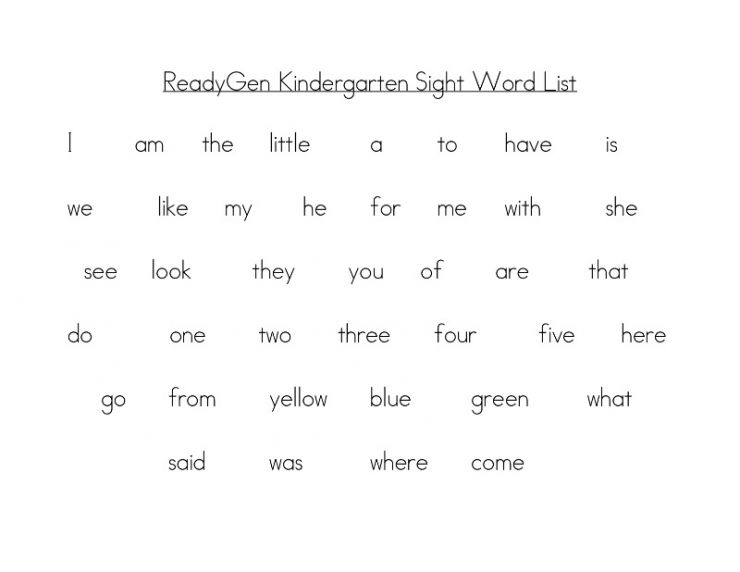 In fact, the specialist performs the functions of both a psychologist and a teacher.
In fact, the specialist performs the functions of both a psychologist and a teacher. -
Statistics show that the kindergarten period is often even more stressful for parents than for their son or daughter. In the process of working with the parents of a preschooler, a teacher-psychologist provides psychological assistance in understanding the new independent status of the child, tells how best to behave with him, what to pay attention to in the educational process at home, within the family. If the psychologist determines that the child needs medical advice, and reveals serious deviations, this is also reported to the parents.
-
There is a version that the work of preschool teachers does not require high qualifications and specific skills. This is wrong. The psychologist just works with the teaching staff, advises and informs employees on psychological issues in the field of upbringing and development of children, monitors the growth and development of their competencies.
 The task of the psychologist here is to teach the educator to build trusting relationships with children, to be not only a mentor for the children, but also a friend.
The task of the psychologist here is to teach the educator to build trusting relationships with children, to be not only a mentor for the children, but also a friend.
It is also necessary to mention the duties of a specialist in maintaining documentary records of the problems identified and the analytical and consulting work carried out, as well as the legal requirement to constantly improve their qualification level of knowledge.
Tasks of a psychologist in kindergarten
Given all of the above, we can summarize the tasks of a child psychologist in a preschool educational institution:
-
using diagnostic psychological methods to identify the causes of developmental disorders in children;
-
develop individual or group correctional and developmental programs;
-
take measures to prevent negative consequences in case of low competence of the staff or peculiarities of the health status of children;
-
to work with children of an adaptive nature to the conditions of the preschool educational institution;
-
prepare children for school, follow the dynamics of personality development, corresponding to age;
-
provide psychological assistance to parents and teachers through consultations and corrective conversations;
-
monitor the level of psychological and pedagogical culture (and participate in its improvement) and the professional competencies of adults who participate in the educational process.
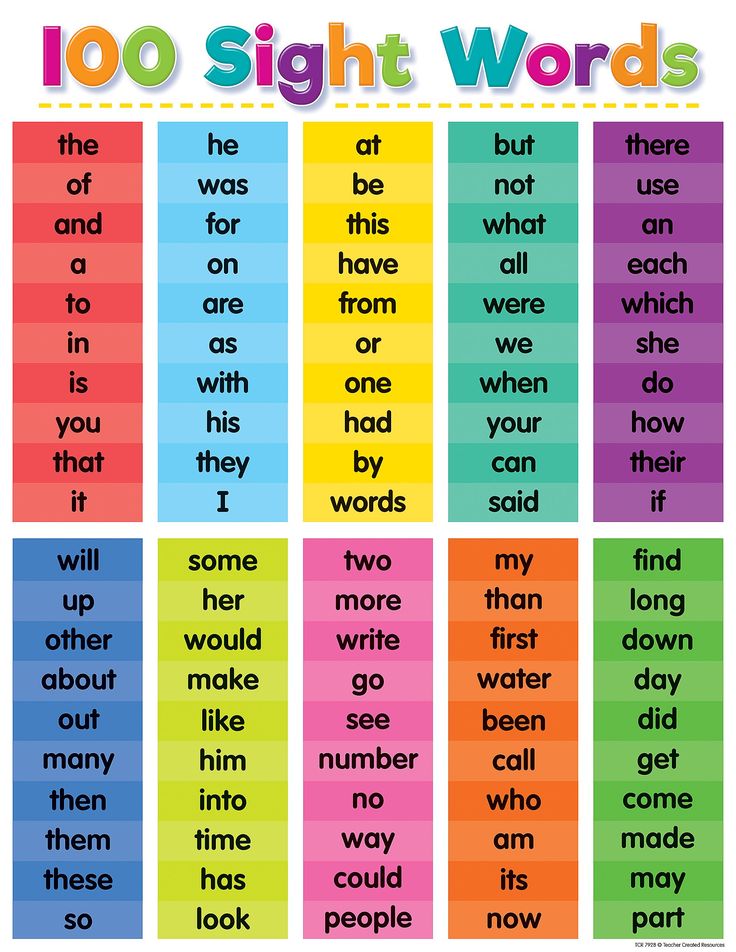
What methods does a child psychologist use in his work?
Modern society places high demands on the quality of diagnostic examinations and corrective measures for the development of the child's personality. The psychologist carries out examination of children in the preschool educational institution from two times per academic year at all age stages. At the request of parents or caregivers, additional diagnostics can be organized. Such studies help the specialist track the individual dynamics of development in each baby.
In diagnostics, special games and exercises are used, as a result of which the specialist receives a complete picture of the stability of the psychological state of the child, his individual inclinations, character traits, and natural talents. Problematic moments are also identified - nervous / bad habits, developmental and / or speech delays, behavioral abnormalities, mental retardation, disorders of the musculoskeletal system.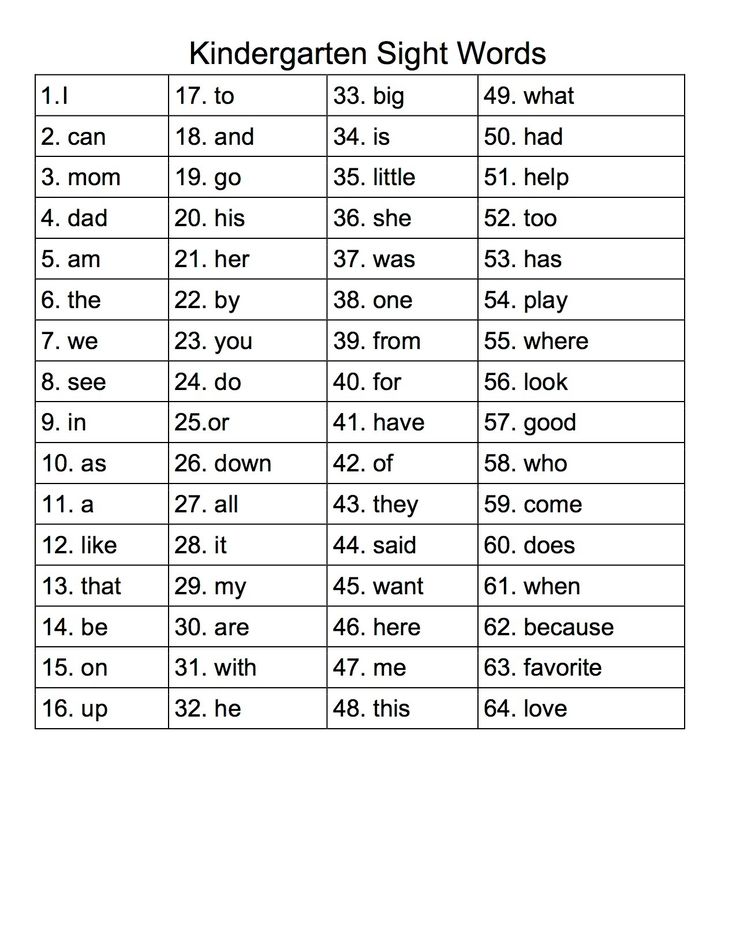
Today, there are a lot of psychological methods on which the teacher-psychologist relies in his work. All of them are held in a playful way, taking into account the age of the pupils (from 3 to 7 years). It:
Children who are forgetful, awkward, unsociable, have problems with speech, mirror letters in writing classes - are additionally sent for a consultation with a neuropsychologist if the preschool psychologist does not have this competence.
By the way, our educational center offers a course of study on psychological and pedagogical support of the educational process in preschool educational institutions, neuropsychological diagnostics and correction in childhood.
What a preschool psychologist has no right to use in working with children
Child psychology is not a branch of medicine, so the preschool psychologist:
-
does not have the right to diagnose diseases;
-
does not prescribe medication;
-
does not carry out specific treatment;
-
does not draw up any program that encourages parents to take compulsory actions in the upbringing of their children.
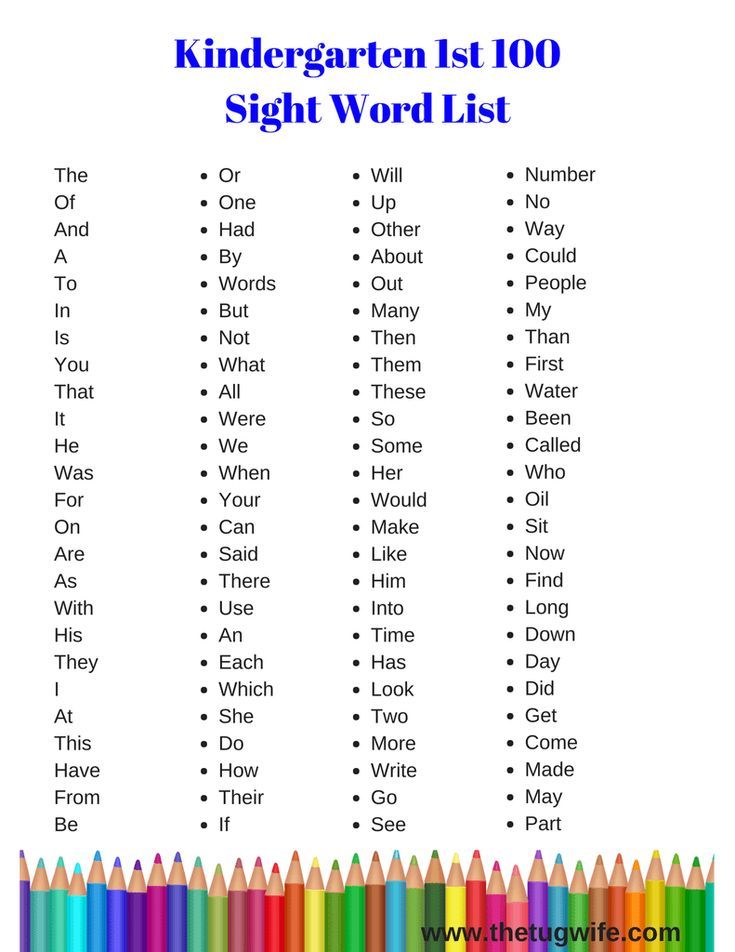
Also, the legislation strictly prohibits any manipulations that can harm the physical or mental health of pupils!
We repeat, the work of a psychologist is advisory, consulting, research and helping in nature, so the main points of his professional activity will be:
-
tips to help preschool children acclimatize to kindergarten conditions;
-
assistance in the development and interaction of children with the outside world;
-
analysis and correction of situational and behavioral issues that can harm the health of children;
-
support for children, their parents and preschool staff in interaction and mutual understanding among themselves.
Improving the knowledge of a psychologist preschool educational institution
In our country, a teacher-psychologist is a necessary staff unit in children's educational institutions. A preschool specialist is obliged to improve his qualifications, regularly take training courses, participate in seminars and learn new methods in raising children and their development.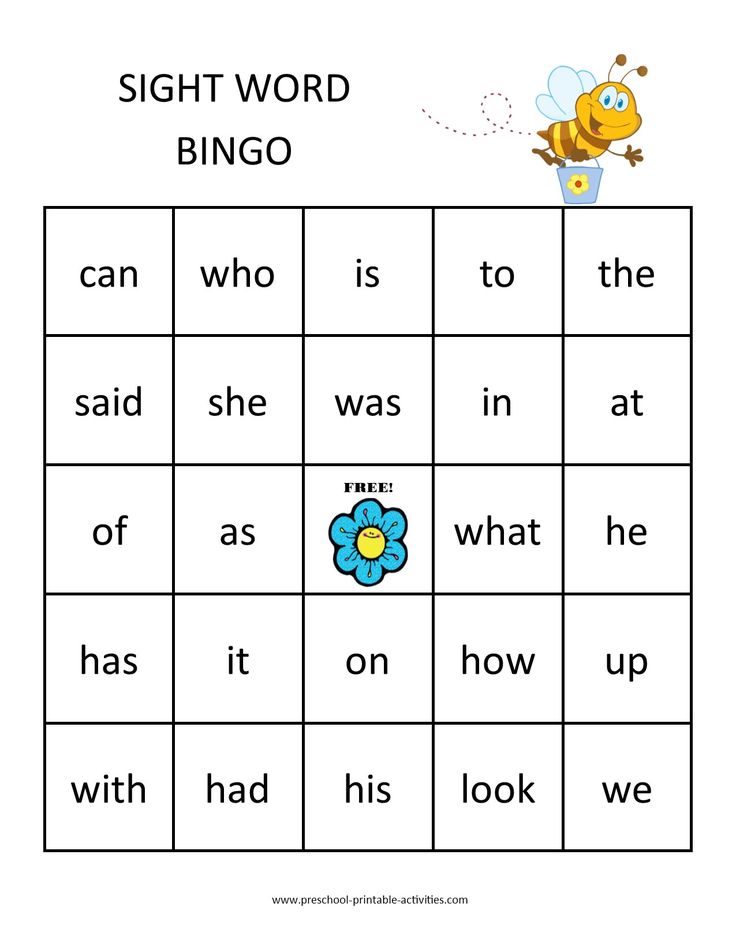
A child psychologist must be confident in the basics of legislation, in general and differential psychology, in pedagogy, in personality psychology, in neuropsychology, be able to plan and organize the developing activities of a kindergarten, and build a favorable psychological climate in a team of teachers.
To effectively master these disciplines and understand the issues will help the course of the NCRDO "Teacher-psychologist in preschool educational institutions". In a practical remote format, you will learn all the nuances in the design and implementation of the activities of a teacher-psychologist in a preschool educational institution.
Kindergarten is the first steps of a child to an independent life, and it is the child psychologist who has a unique opportunity to help children and their parents master this path with ease, comfort and safety. And the best reward for the staff of the preschool educational institution will be the words of the kids: “I want to go to kindergarten!”.